Into the Night: How One Junior Team Raced for 24 Hours Straight
October 20, 2020
In late September, a group of unassuming middle and high schoolers completed what many adults would never dare attempt—a 24-hour mountain bike race. While parent volunteers looked on from the team campsite, five junior competitors raced together through day and night for the Oregon 24 Mountain Bike Relay Race. Despite the intimidating length of the event, these teenage athletes pushed through each hour with enthusiasm and spirit. After 24 grueling laps they managed to take home second place in their age category and third overall.
Despite their overwhelming success, the team had a rocky start. Just days before the race, junior mountain bike racer Will Fogarty and his father, John Fogarty, were informed that the Oregon 24, a race they had assumed was canceled due to the poor air quality the week before, was still on. As the panic set in, Will and John frantically reached out to their cycling community, determined to find teammates.
“When they said ‘maybe’ we said, ‘ok so you’re in,’” freshman Will Fogarty said. Hasty texts were sent and parents were phoned as John and Will hurried to get everyone committed and registered.
Despite the initial panic, a team began to take shape just days before the event. Through their contacts with local junior cycling club, The Bend Composite NICA team, John and Will succeeded in recruiting four other junior racers to attempt the 24 hour competition. The all-star lineup included, Storm freshman Jenna Raymond, REALMS seventh grader Jack Billowitz, Bend High freshman Curran Jacobs, and Pacific Crest eighth grader Reid Farmer. After the groundwork was laid and reality sank in, parents were spurred into action, offering to support their junior riders with tents, heaters, and food. Even though most 24-hour cycling teams need weeks of preparation, the junior team was able to prepare in only a matter of days.
“As long as we had our bikes, our bodies, and a place to sleep, we could race for 24 hours,” John Fogarty said.
So, at 9 am on Saturday, September 26th, the first team member took off from the start line in the parking lot of the Wanoga Sno Park. Parents and fellow racers cheered, their energy high to start off the day.
Each member raced one lap at a time, which allowed the rest of the team some freetime. They kept themselves occupied by talking, playing with an RC car Jacobs brought, playing a biking game called foot down and relaxing. When it was time for the next teammate to leave for their lap, parents and racers made their way down to the transition area.
“During the day, almost everyone went down to watch you go,” Will Fogarty said. These group trips to the transition zone were the only times racers received encouragement from their team. Spectators were not allowed on course as the race was being held on the populated trails surrounding Wanoga Sno Park and Covid-19 was still a major concern. Despite these restrictions, the junior team continued to support their teammates when they could.
“We always had someone cheering,” freshman Jenna Raymond said. This constant cheering kept team morale high as the day progressed.
At about 8 pm, eleven hours into the race, a propane heater was brought out. As the temperature started to drop to below freezing, many of the racers got their first taste of night riding.
“It was really weird, you would hear noises,” said Raymond, who had her first experience mountain biking at night during this race. Others, like Billowitz and Will Fogarty, also had their first experiences riding trails past sundown.
“The first night lap, the one where it was starting to get dark out, [was] probably the most fun I’ve ever had on a bike,” Will Fogarty said.
At 9 pm, the number of riders on course were cut in half as many racers either quit or finished shorter races such as the 12-hour relay and the 12-hour solo event. The course became increasingly quiet as the full moon rose over the now thinned field of racers spread out over the 11-mile course. The chance of passing or being passed became slim.
“During my last night lap, I don’t think I saw a single person,” Will Fogarty said.
“You don’t see many people when you’re out there, so when you pass someone you go, ‘oh great I’m not lost’,” Raymond said.
Back in the campsites, things quieted as team racers started going to bed.
“You’re sitting there and it’s almost like there’s not a race going on,” John Fogarty said. The members of the junior team drifted into tents and vans to sleep before their next lap, leaving the campsite silent aside from the sound of racers going by on the nearby course.
Out on course, many riders like Billowitz found their flow under the moonlight despite the late hour.
“It was kinda fun because you were just riding your bike, although when your lights go it’s a little bit scary,” said Billowitz. During his first night lap, Billowitz lost his light only 15 minutes into his approximately hour-long lap. Luckily for him, he was able to follow behind one of the few other riders on course and make his way back to safety.
While many 24-hour racers experience a host of bike problems and issues over the course of their race, the junior team stayed virtually accident free.
“Nothing bad really happened except for frozen toes and frozen hands,” Will Fogarty said.
However, the cold temperature did prove challenging for the team. Thanks to the high elevation of Wanoga Sno Park and the late time of year, temperatures dropped into the low 30s. Despite the propane heater, which became a magnet for the junior riders, many were freezing during the late night and early morning hours.
“I woke up and I was super cold … and I couldn’t hear anybody talking and I had convinced myself that it had gotten so cold that everybody quit,” John Fogarty said.
Team morale, while still high considering the situation, took a dip as riders elected to stay by the heater until mere minutes before their laps.
“When it was freezing and pitch black out, only the next rider and a couple parents would go down to cheer,” said Will Fogarty. “I was just thinking, ‘people do this for fun?’”
But then, at around 7 am, the sun began to rise. The sunrise marked not only an end to a cold night, but also the final stretch for the team. As the last racers pushed through their final laps, and the long awaited 9 am finish time arrived, everyone celebrated.
“I really like[d] the feeling after we all completed it and realized that we had done 24 hours of racing,” said Raymond. As the tired racers started loading into cars and vans to begin the trek home, those who weren’t already asleep reflected on their experience.
While many 24 hour racers do attempt to complete the race solo, most gravitate towards the appeal of having teammates for the support and energy they can bring.
“It felt like you weren’t out there alone,” said Billowitz.
Although the team’s overall third place finish and second place age category placement are impressive, the real accomplishment of the day wasn’t in the rankings but in their dedication to each other.

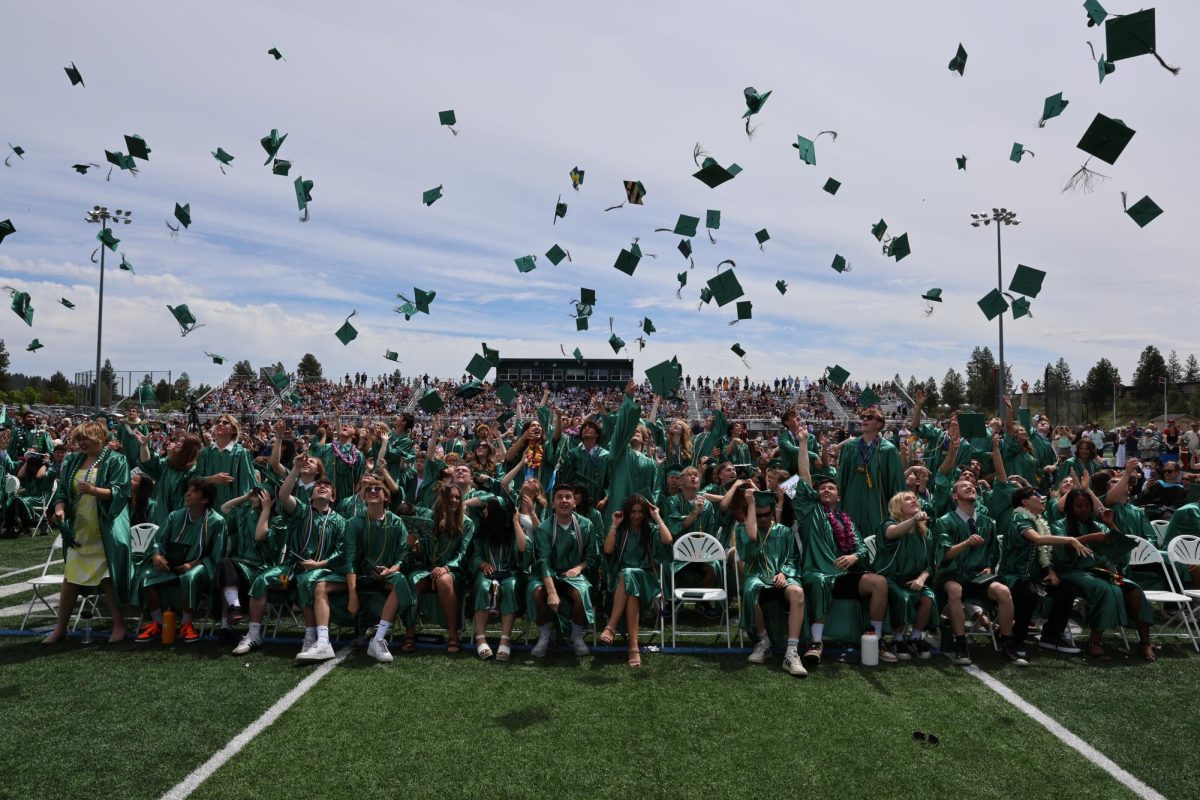
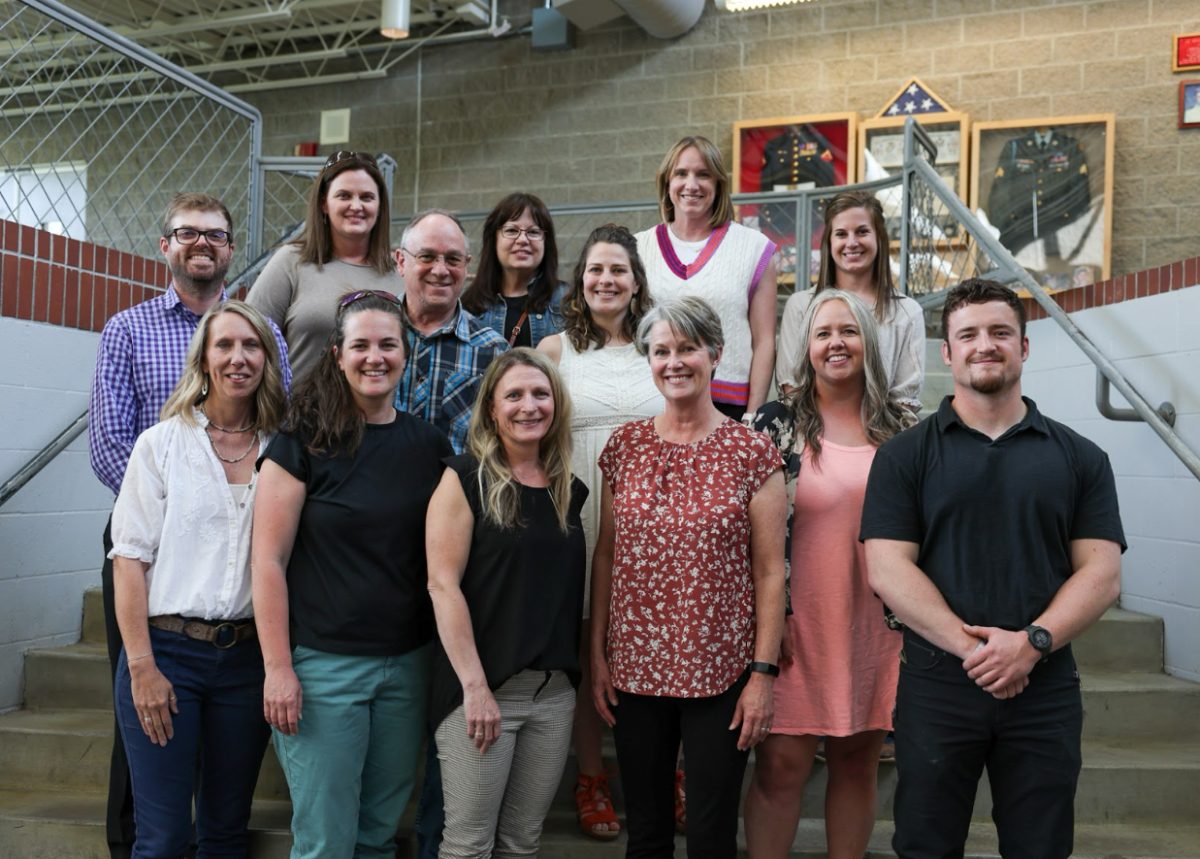
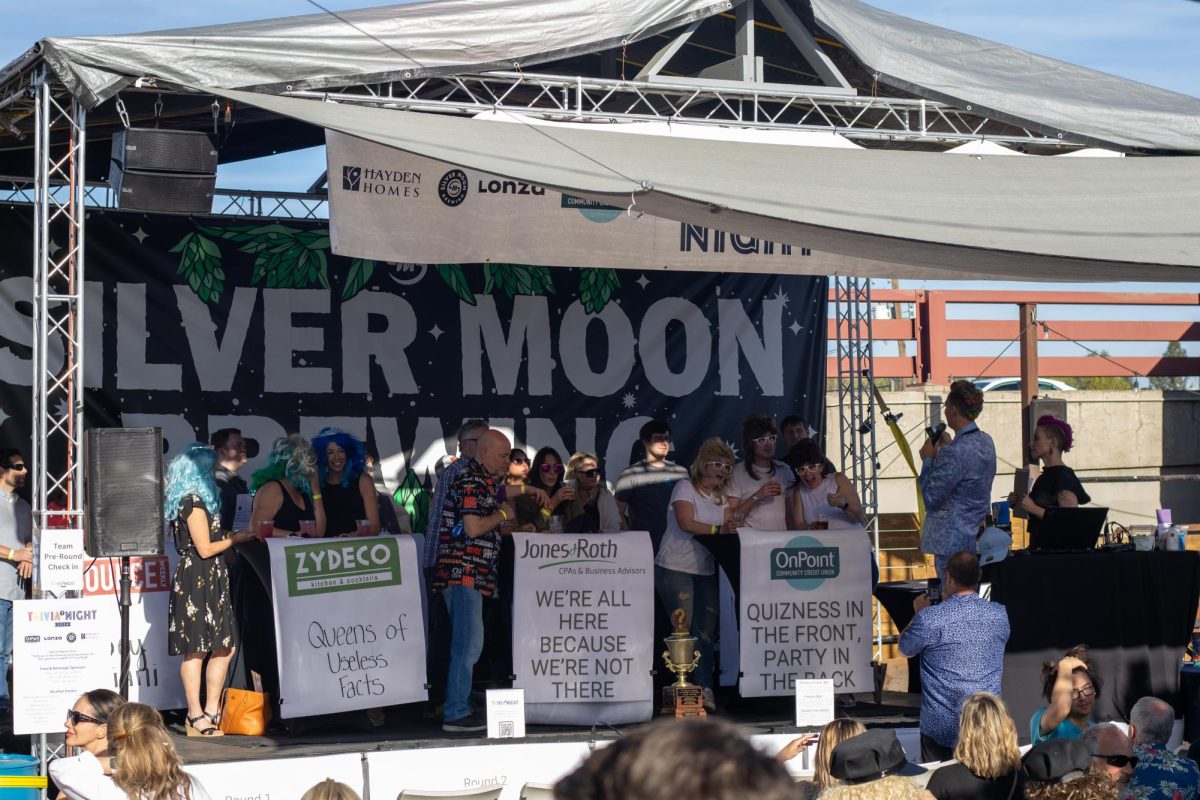
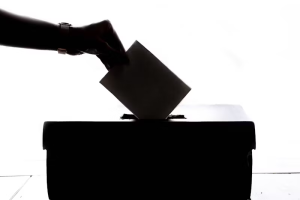
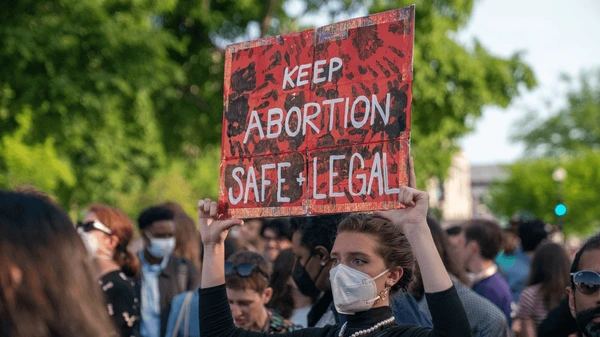
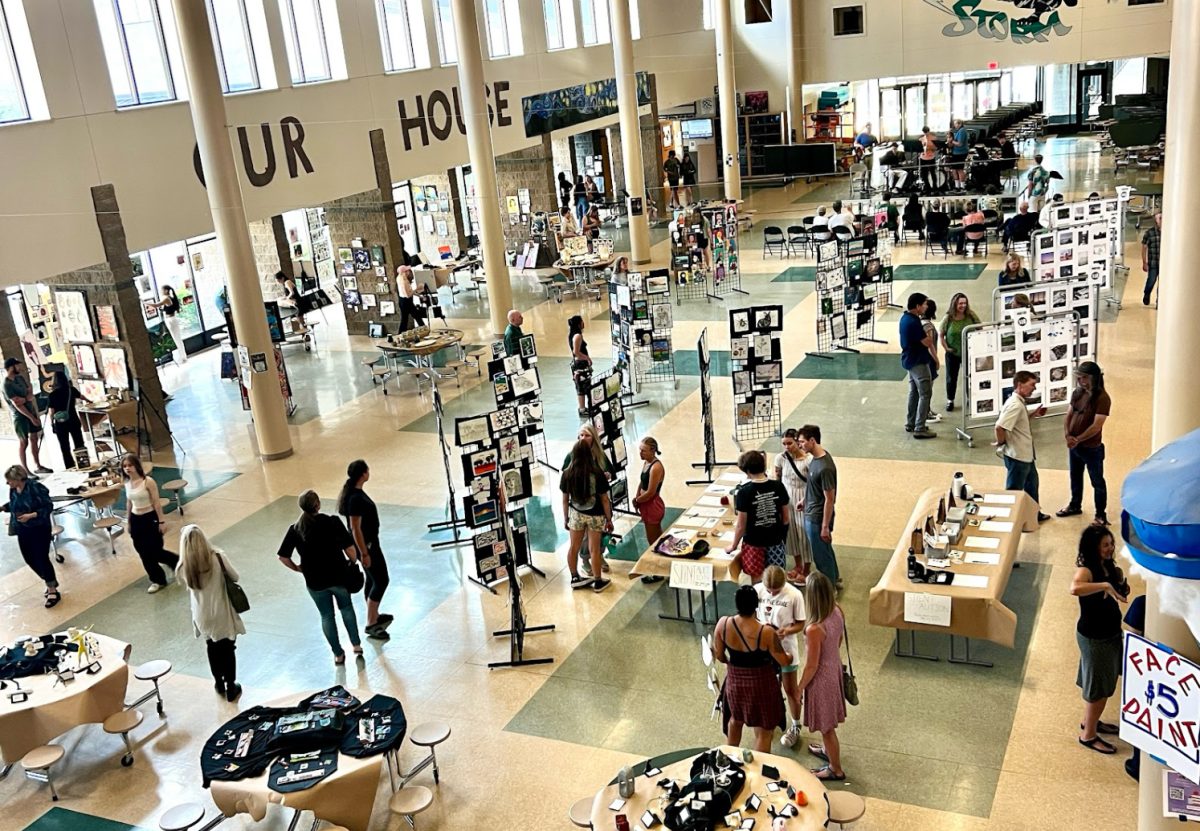
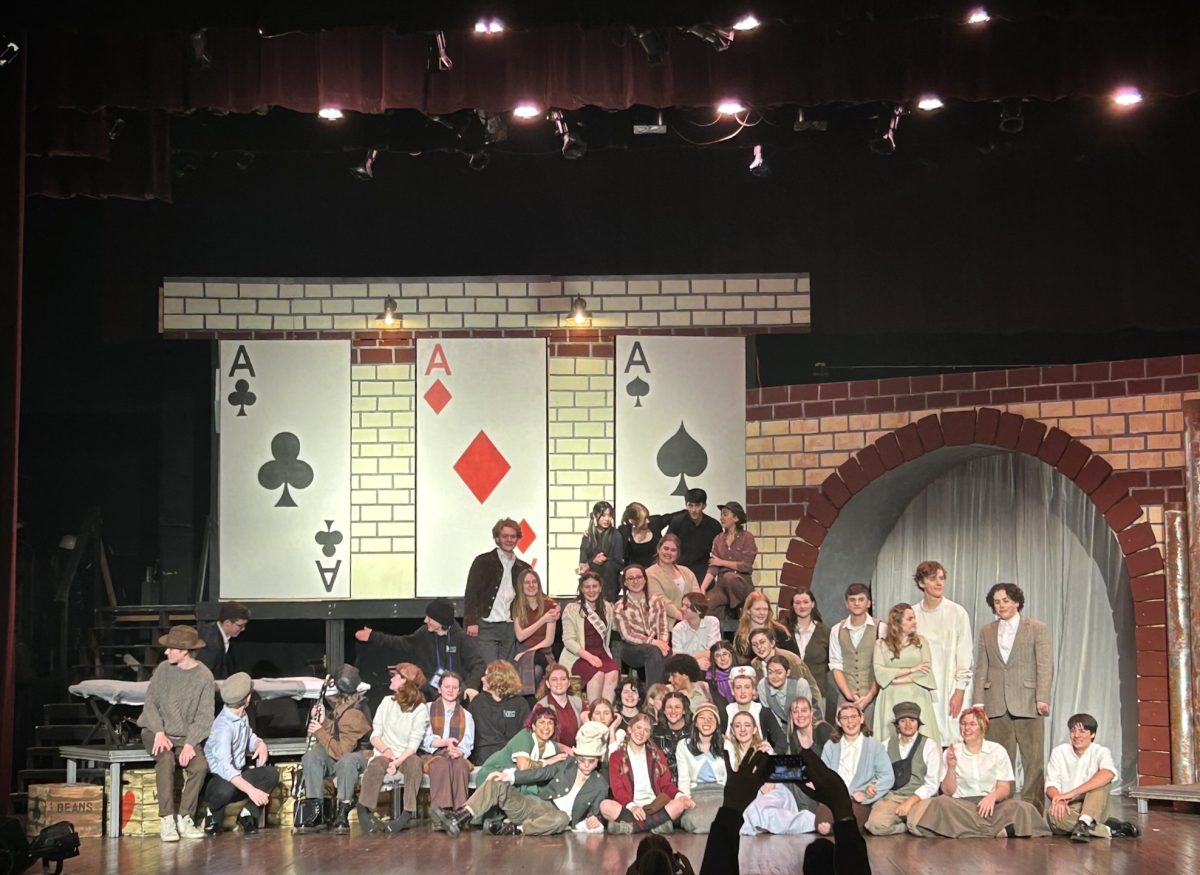
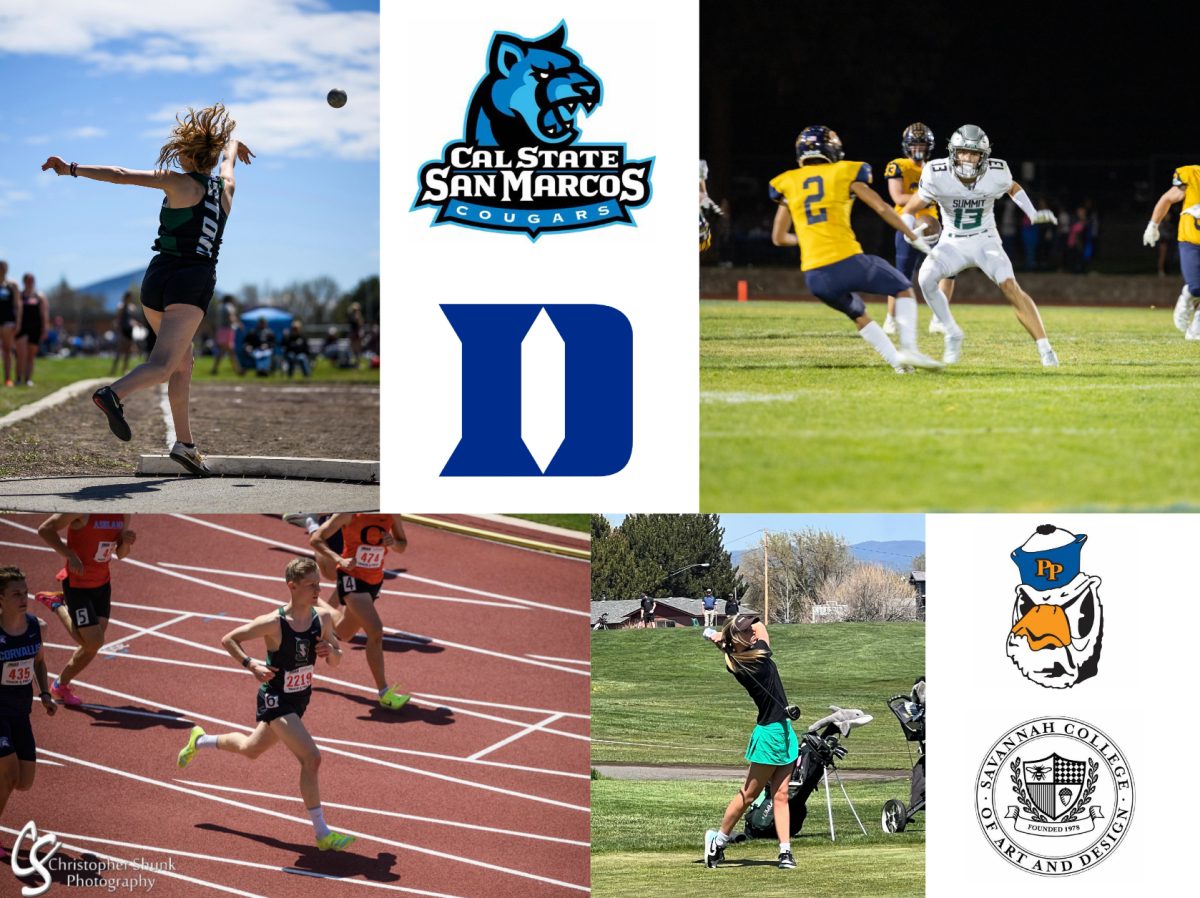
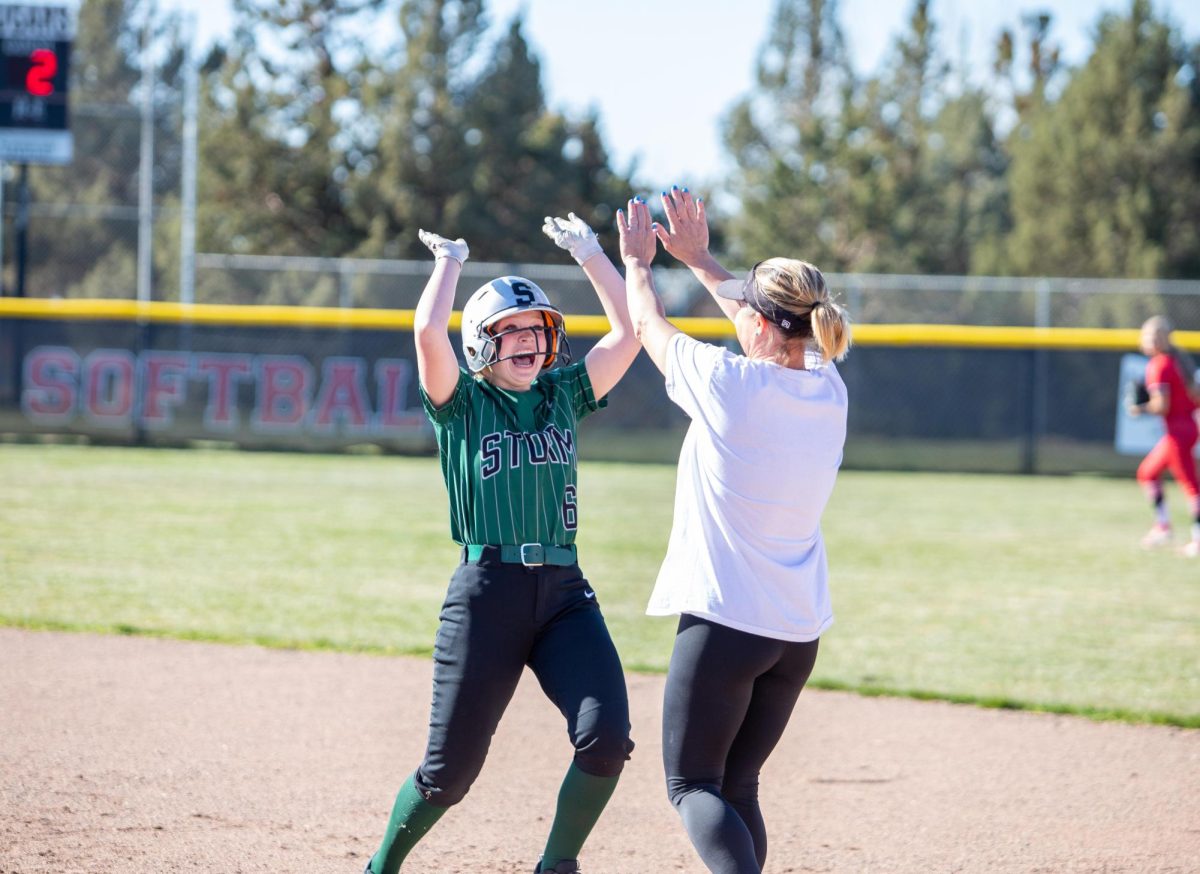
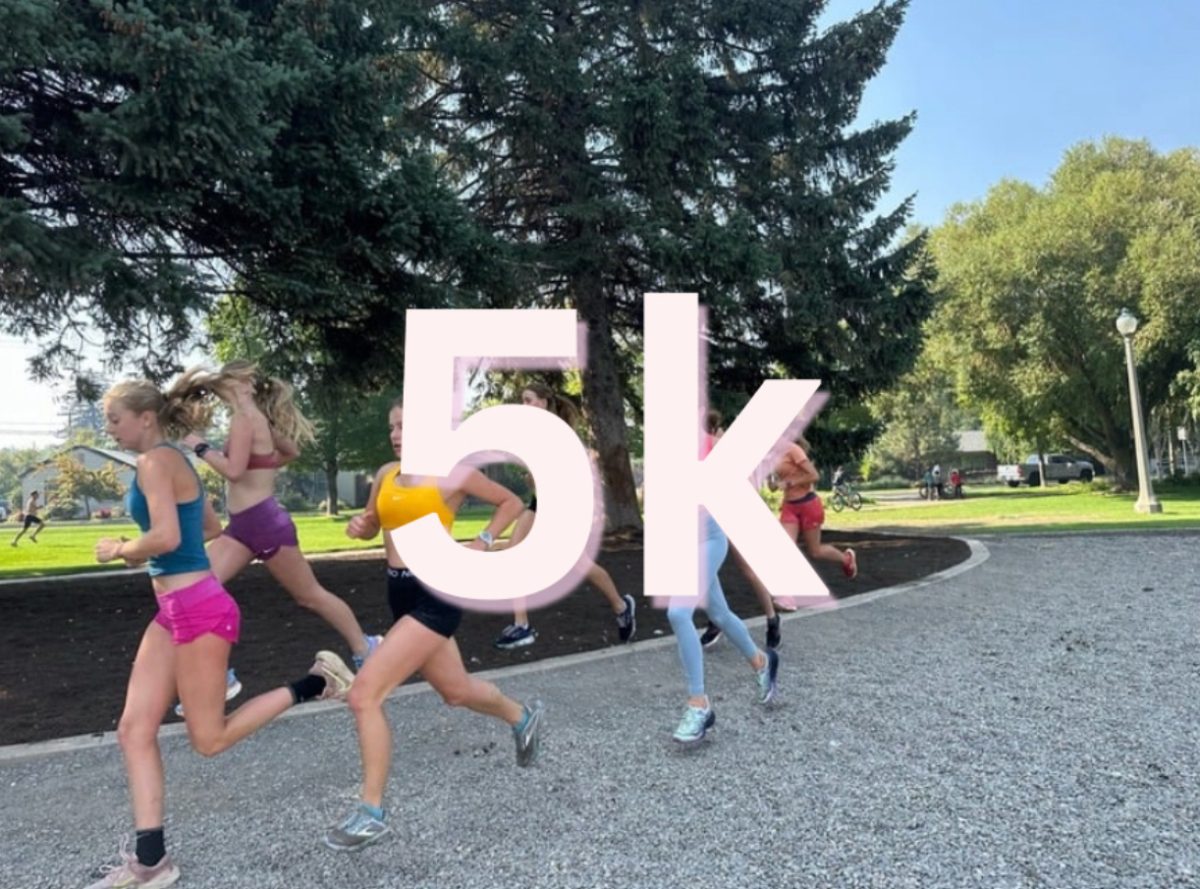

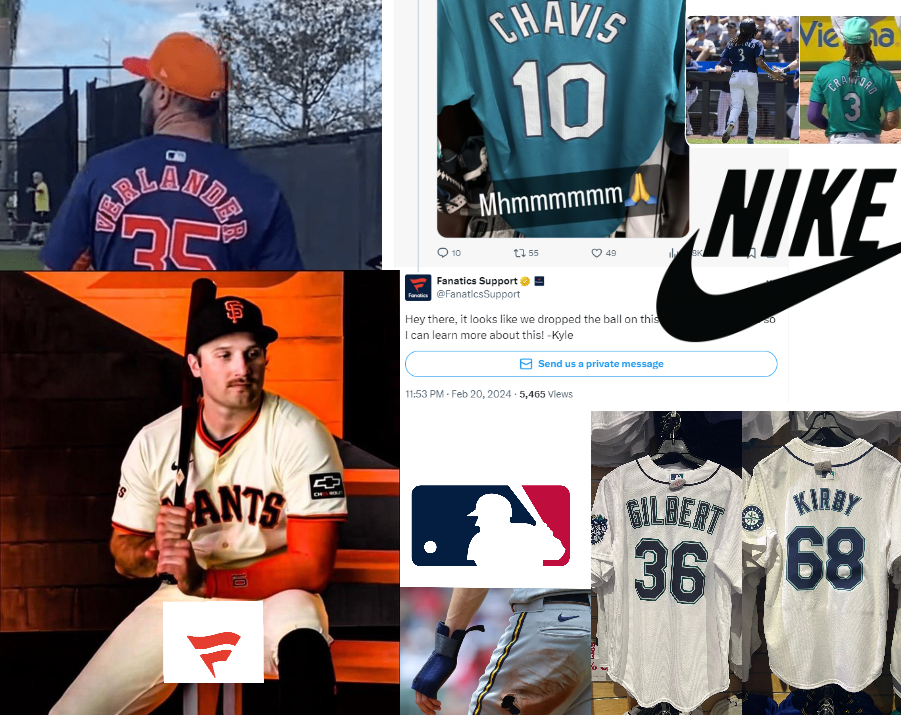
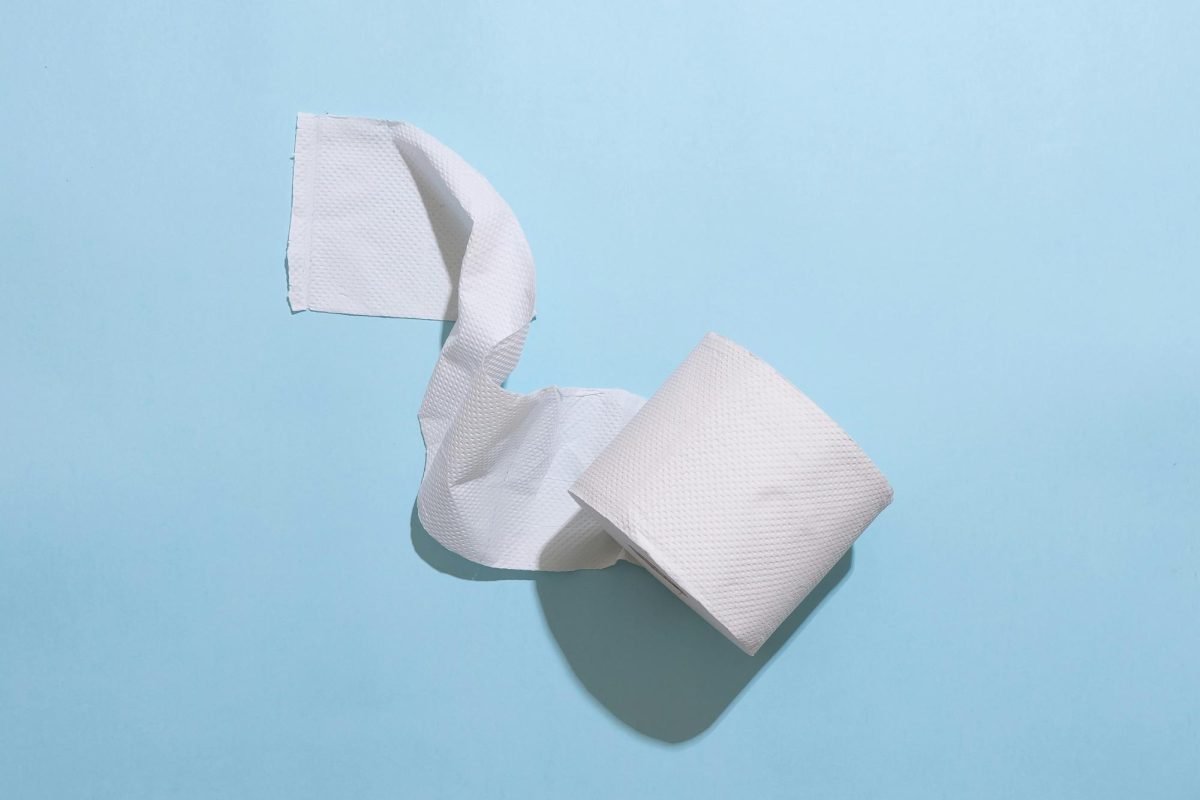
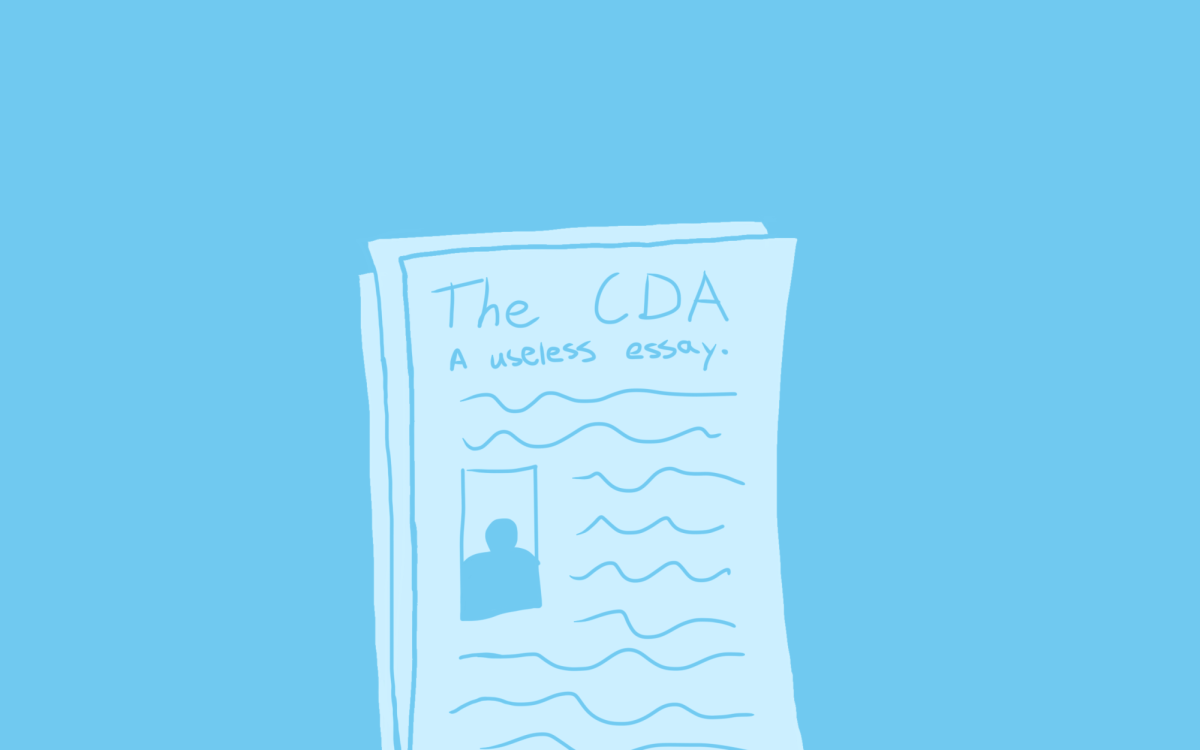
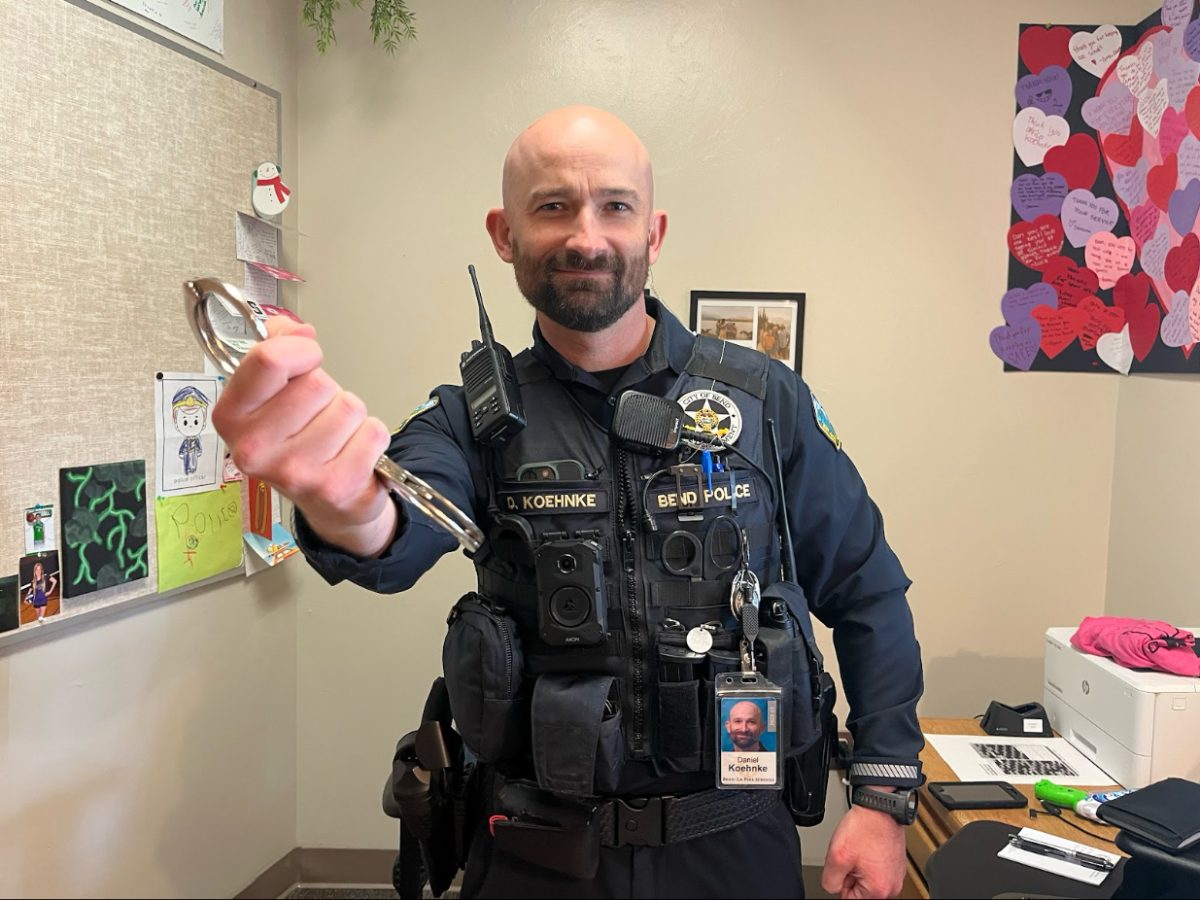
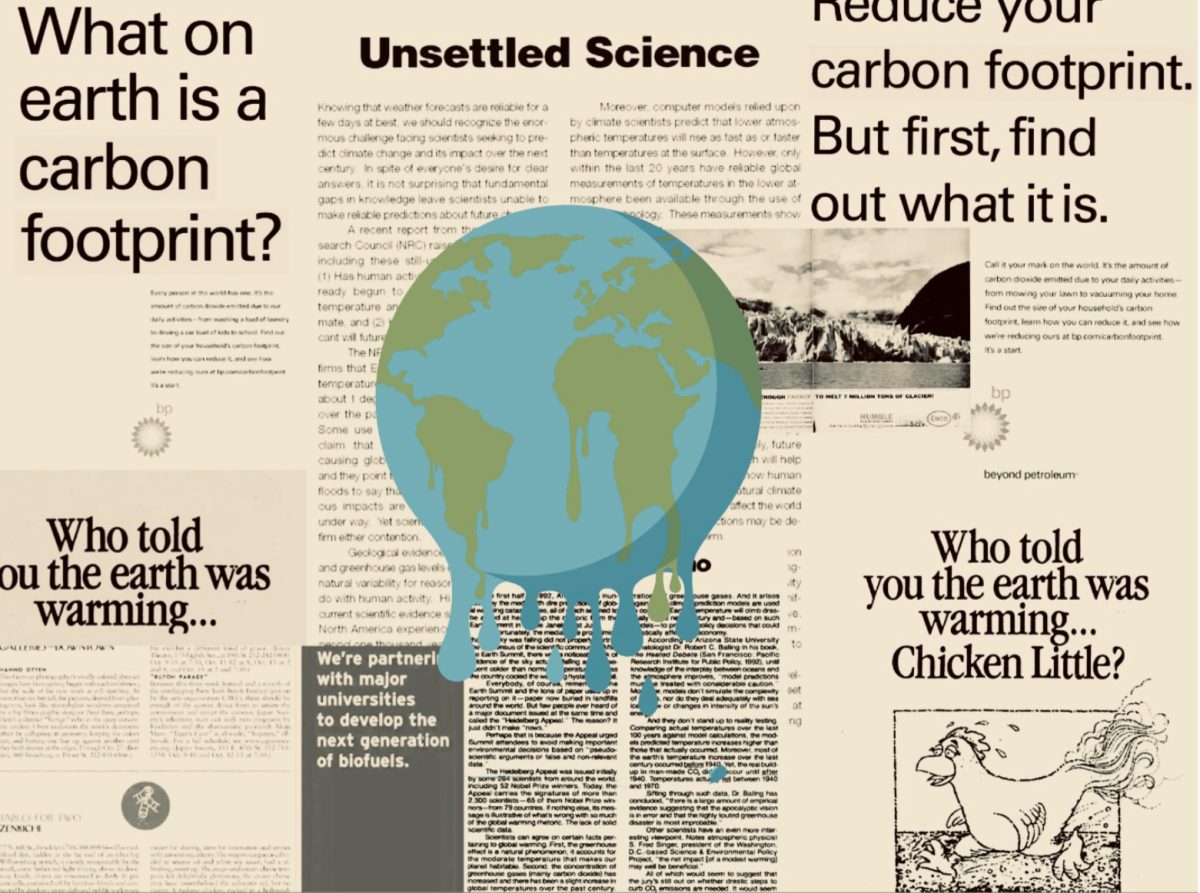



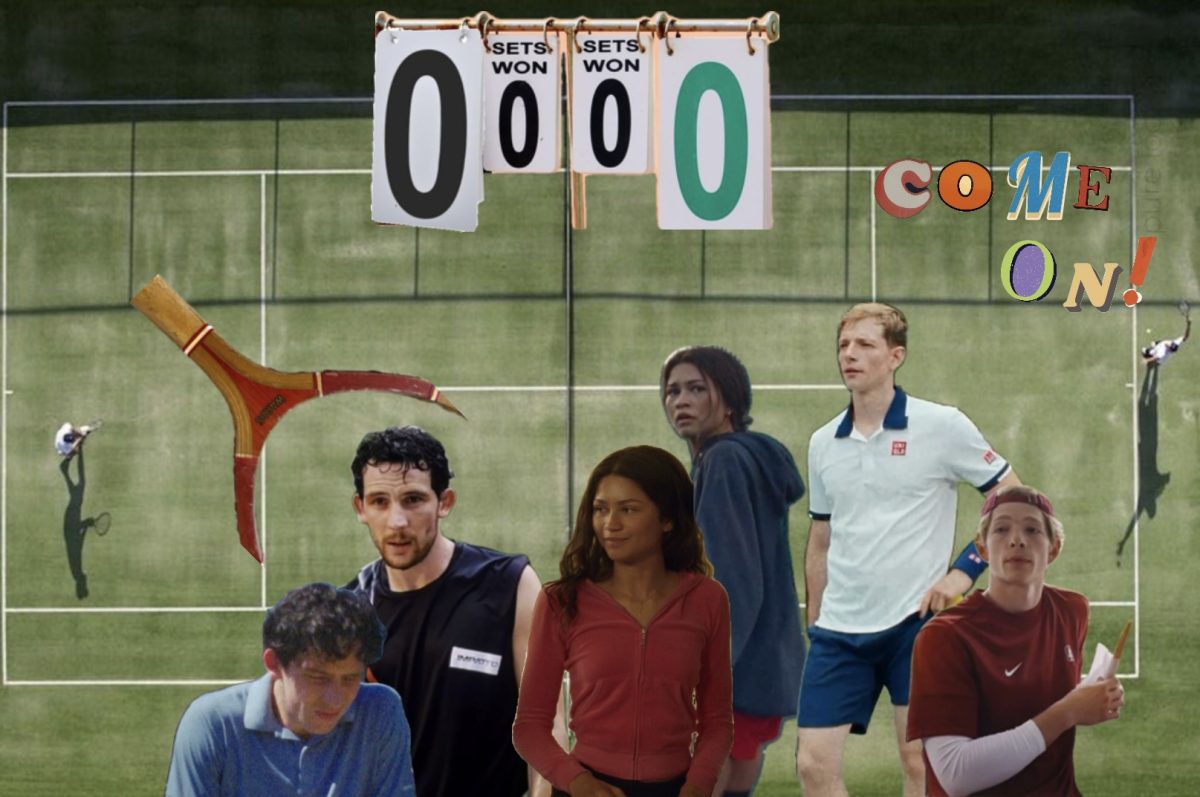
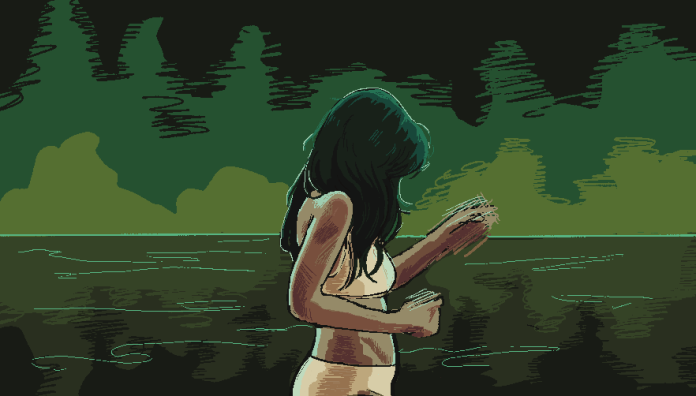
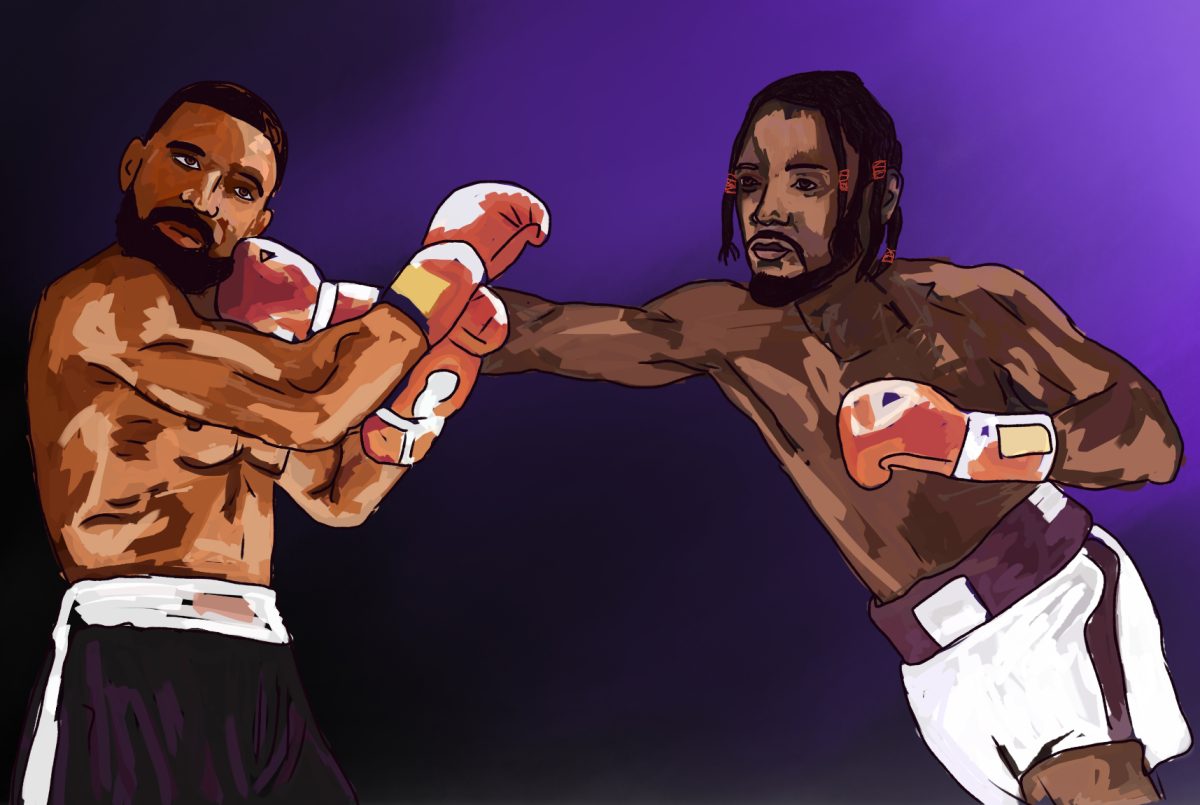
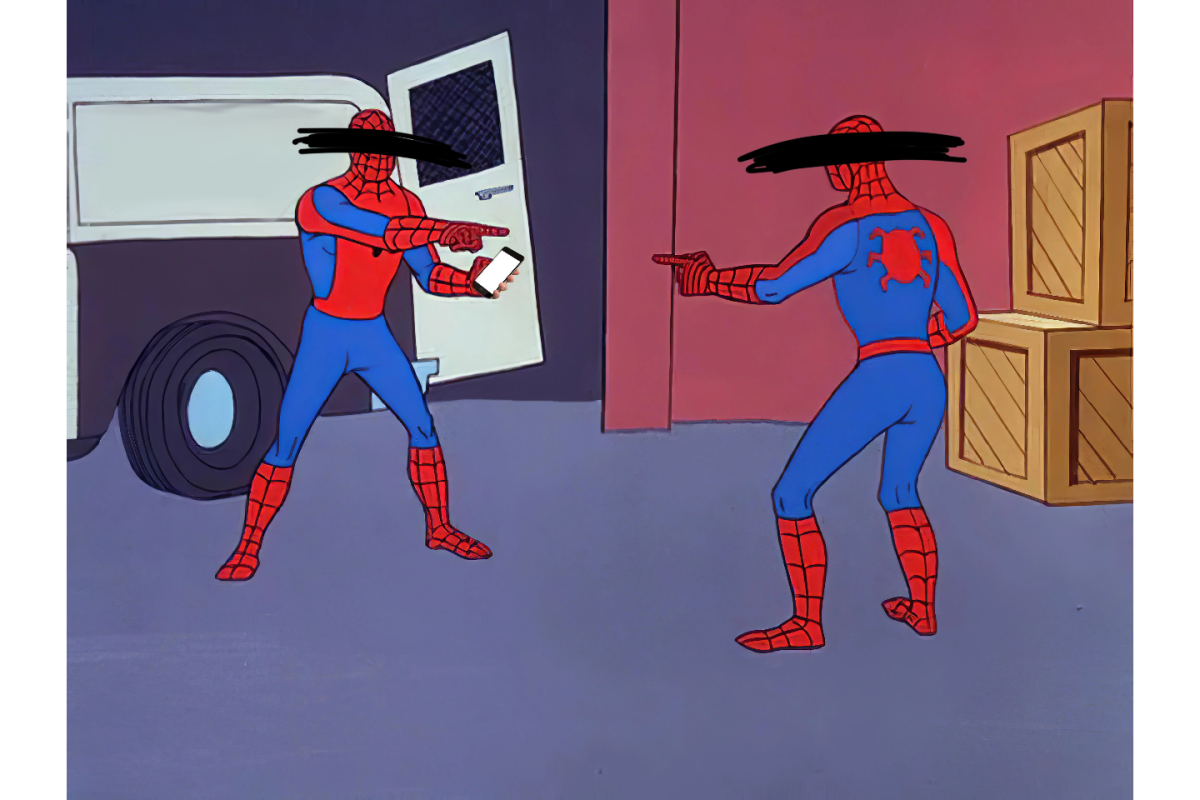
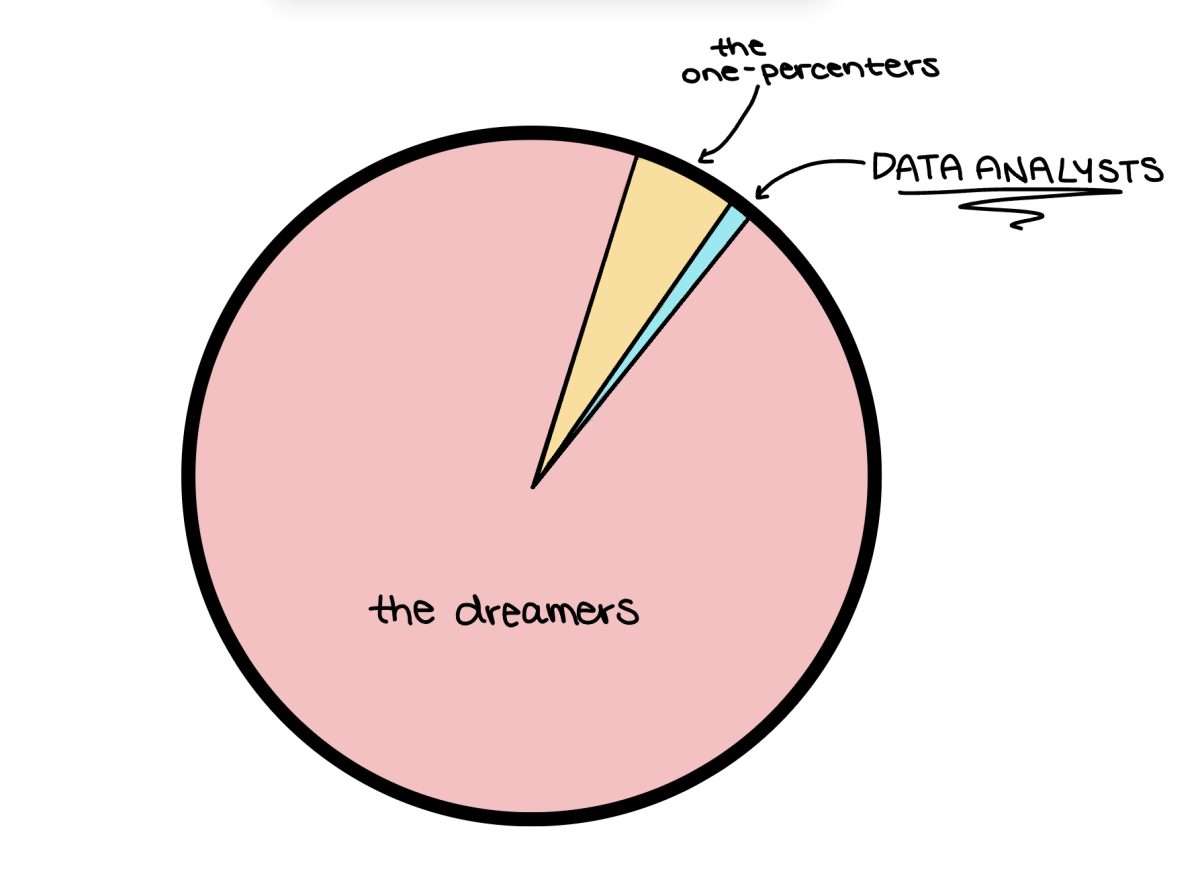
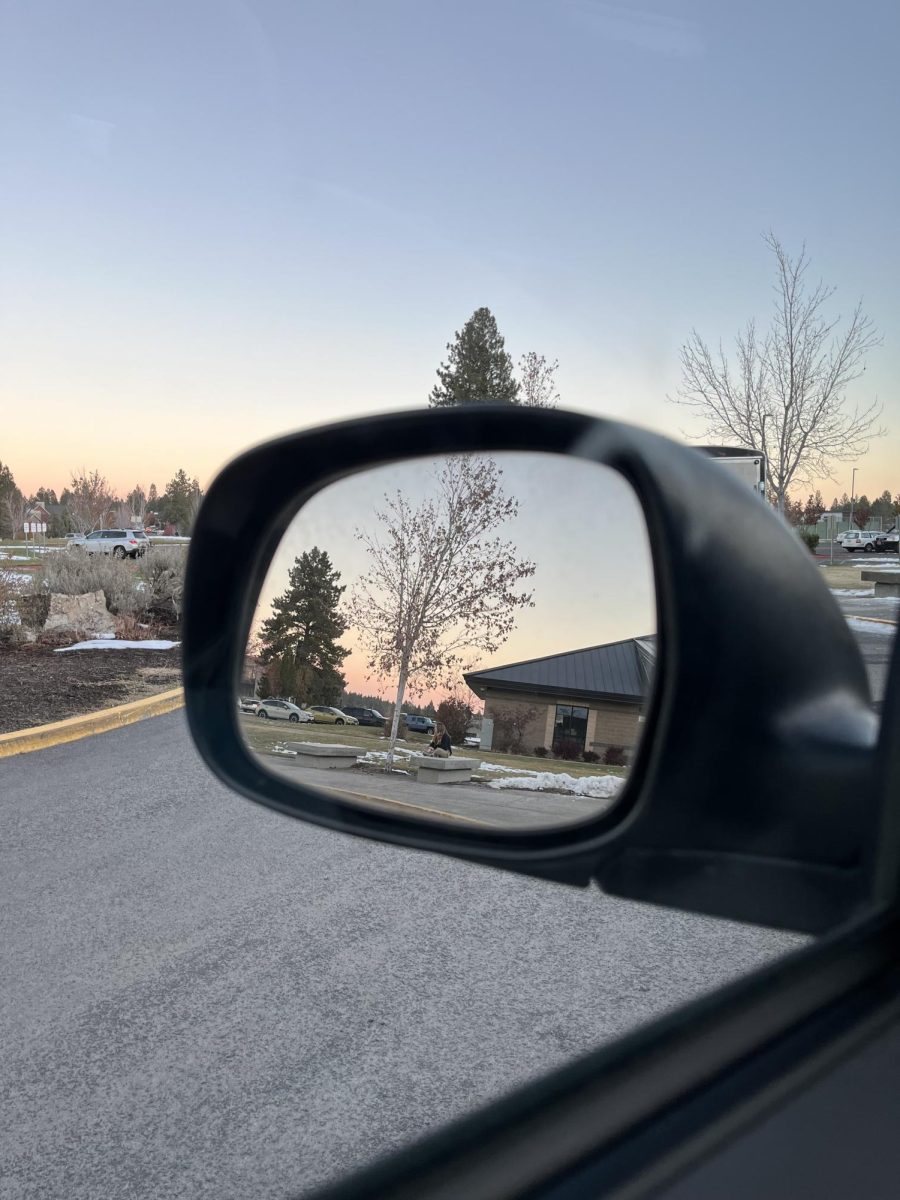
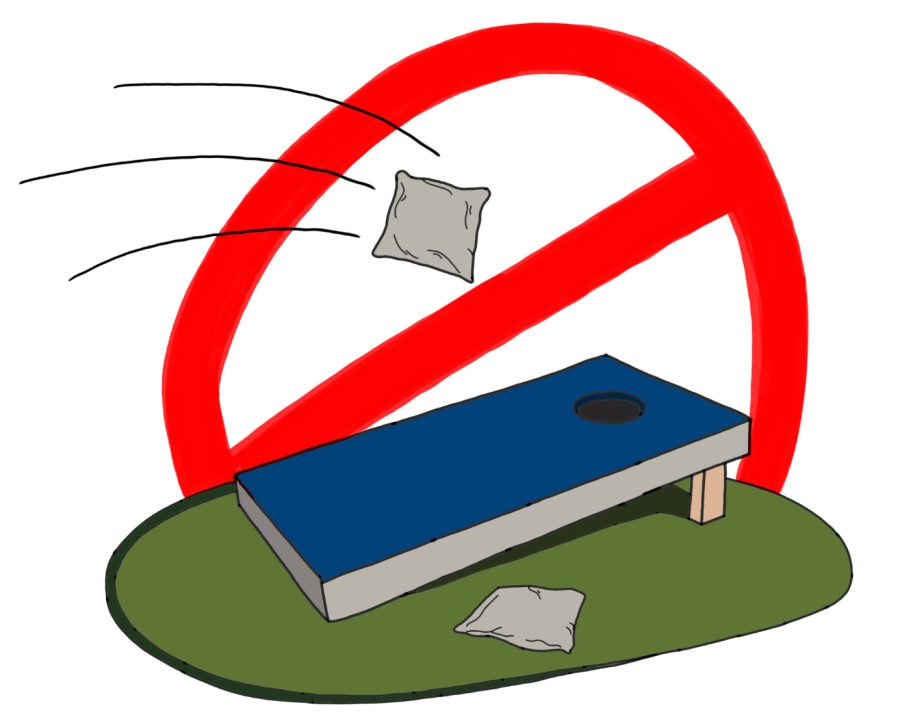
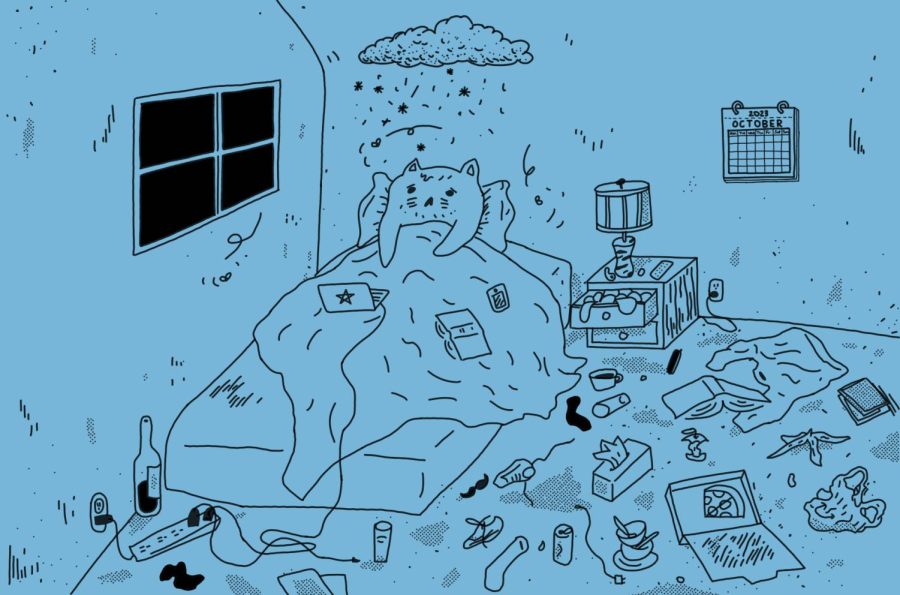
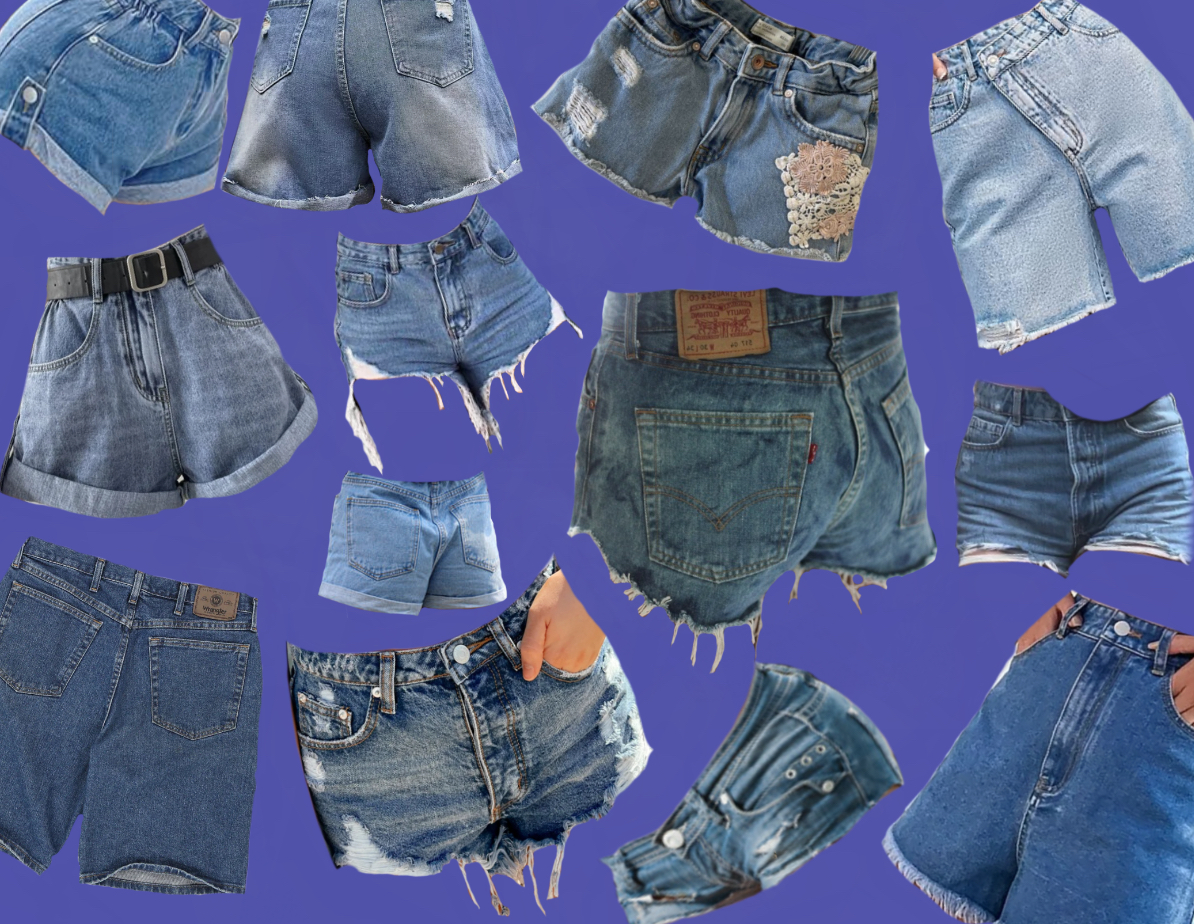
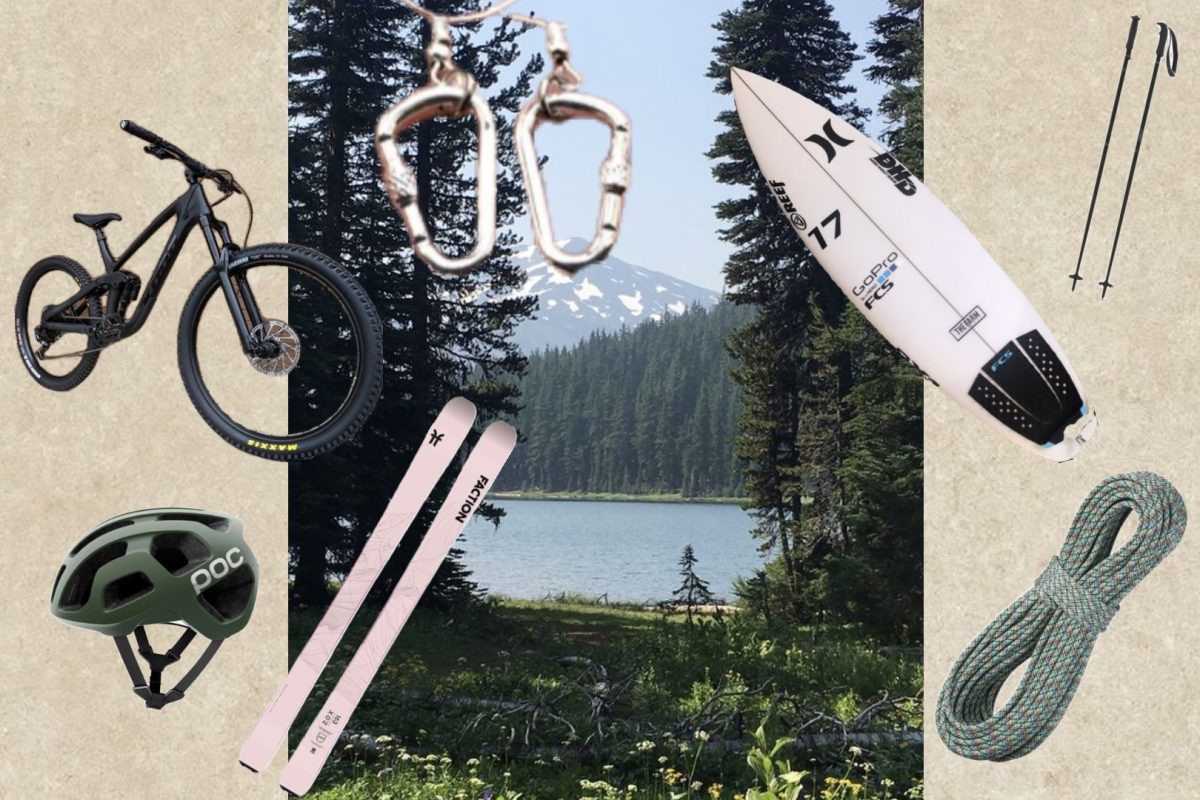

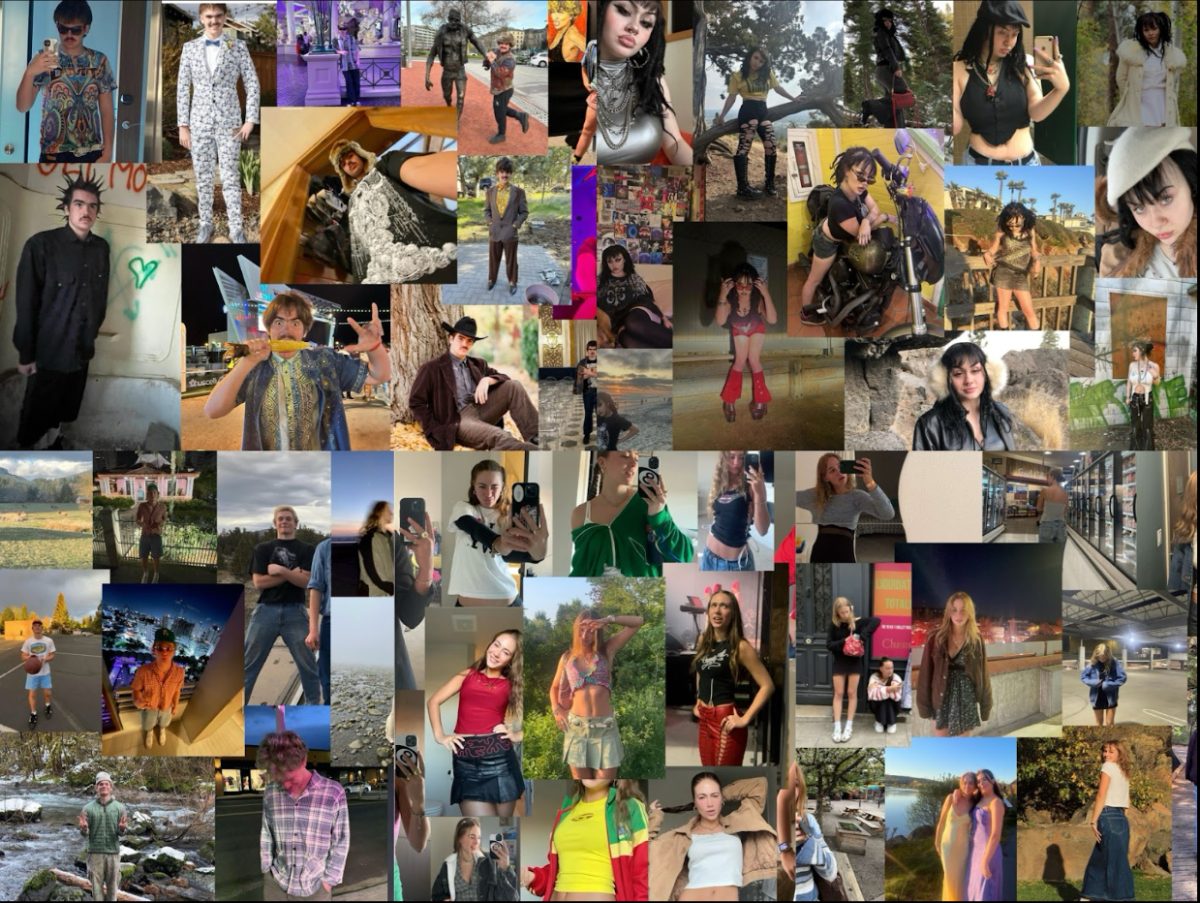
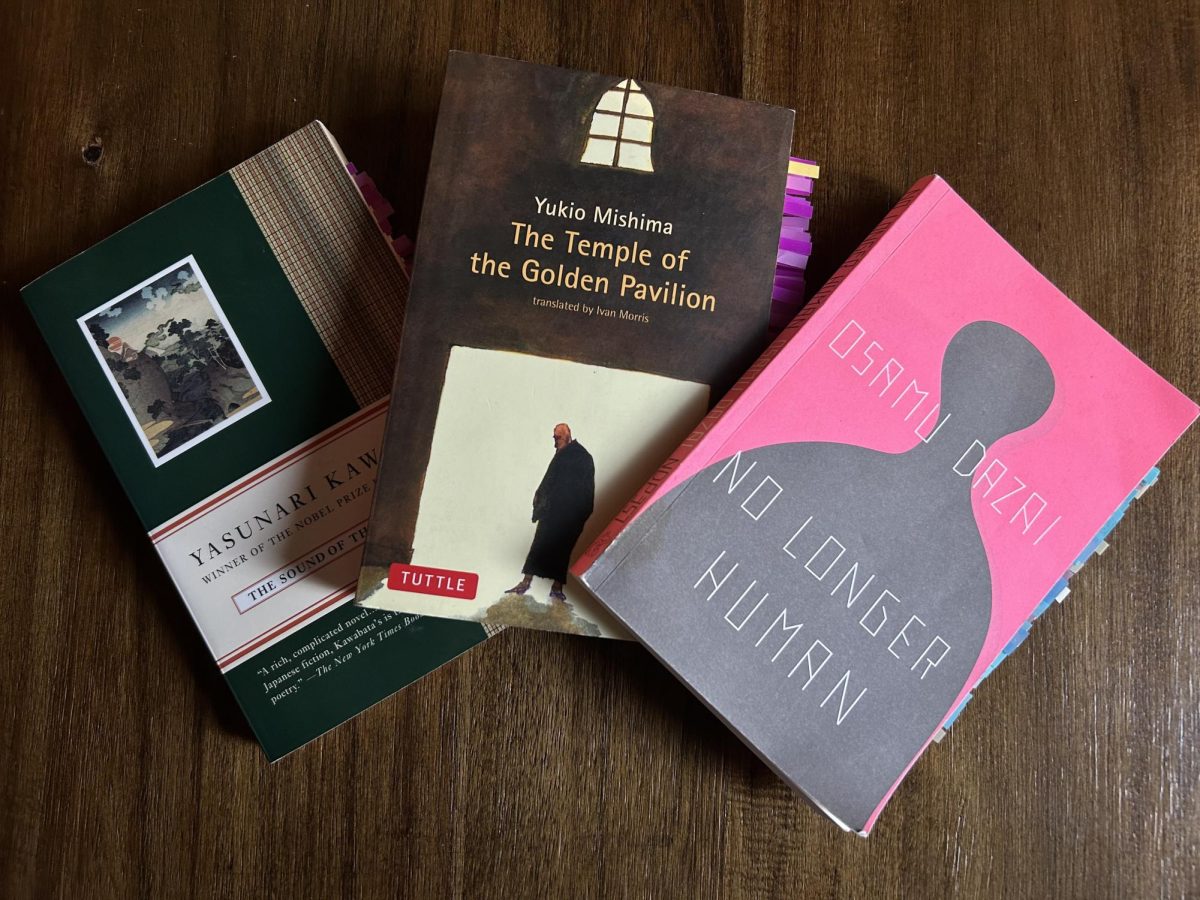
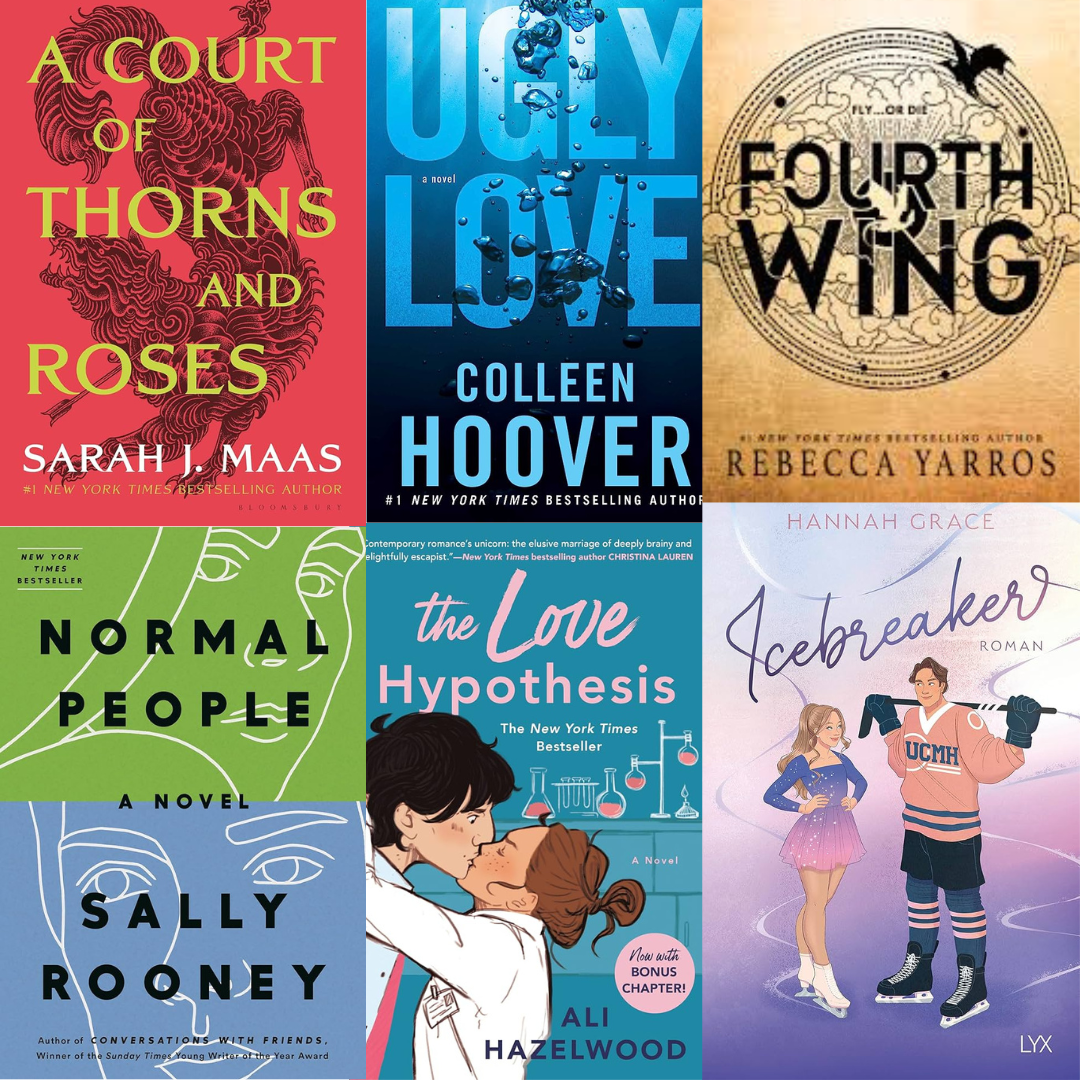
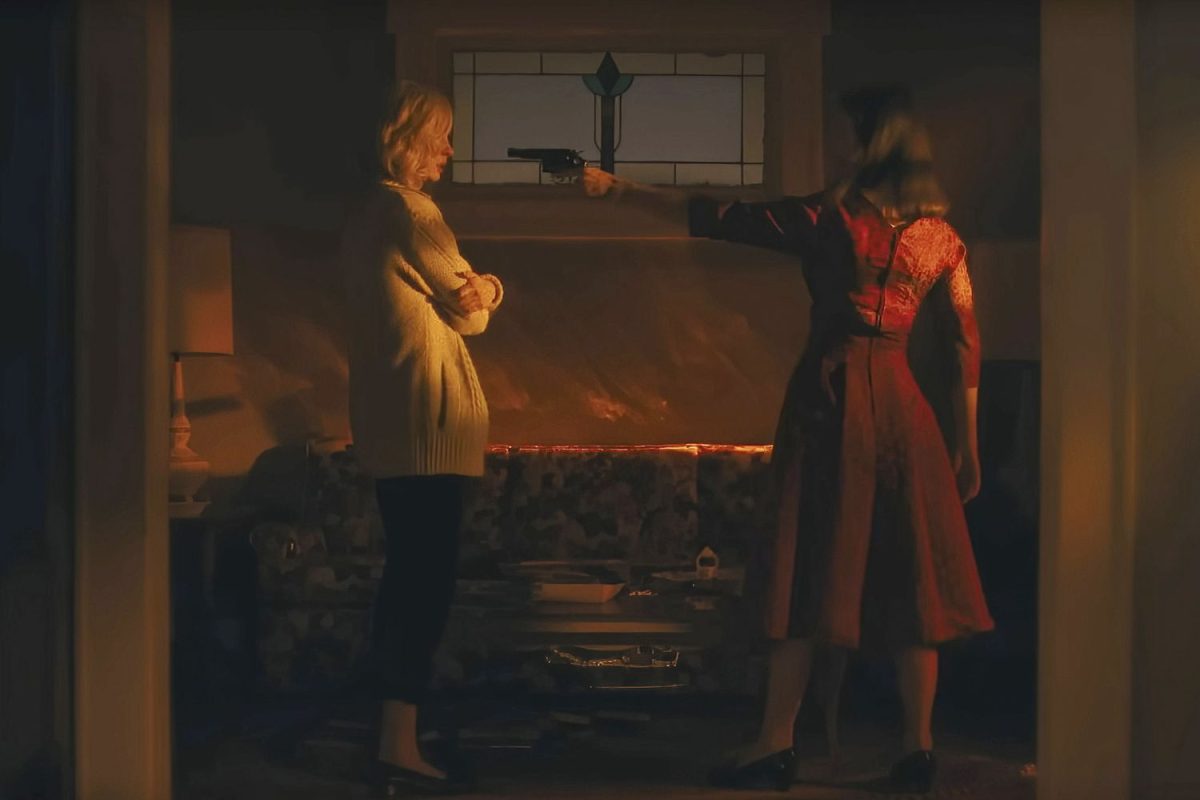



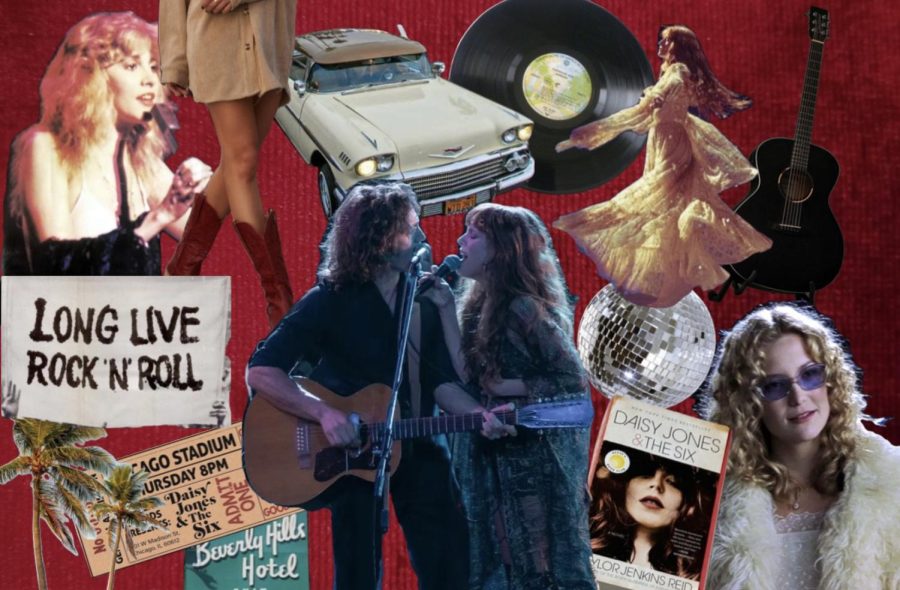
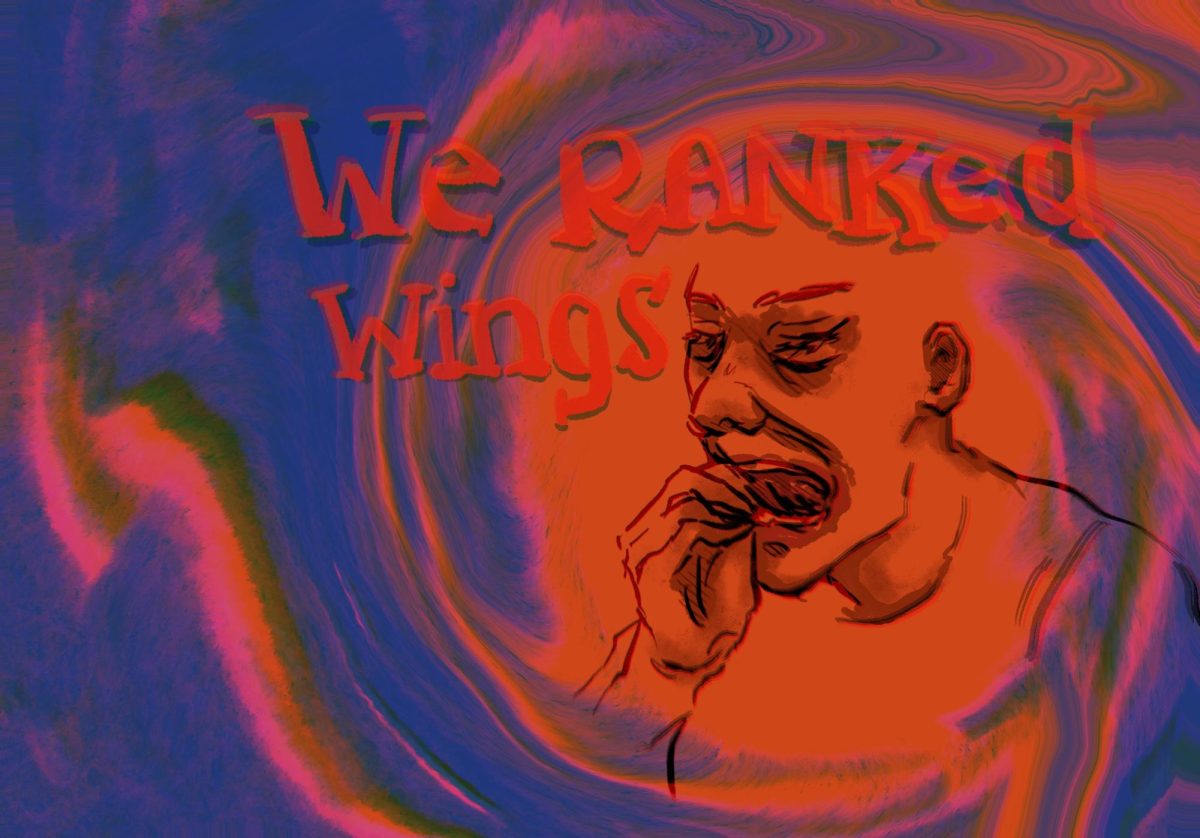
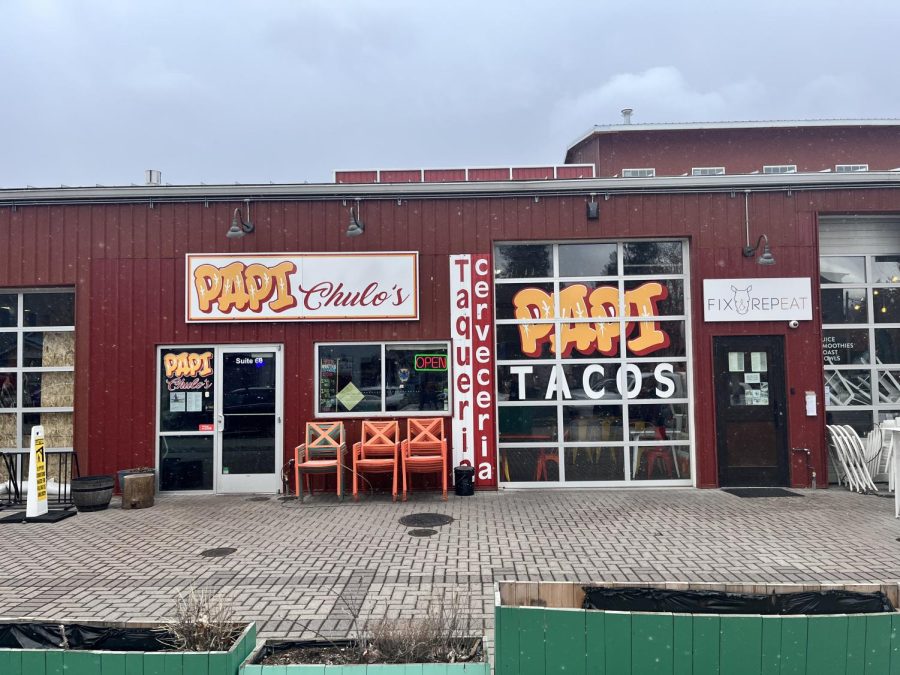
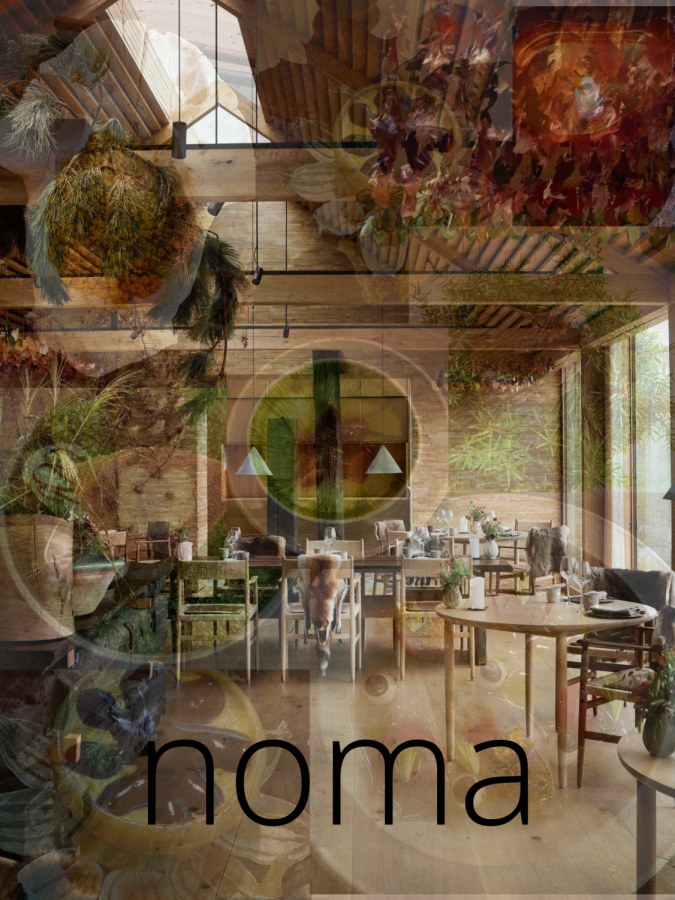
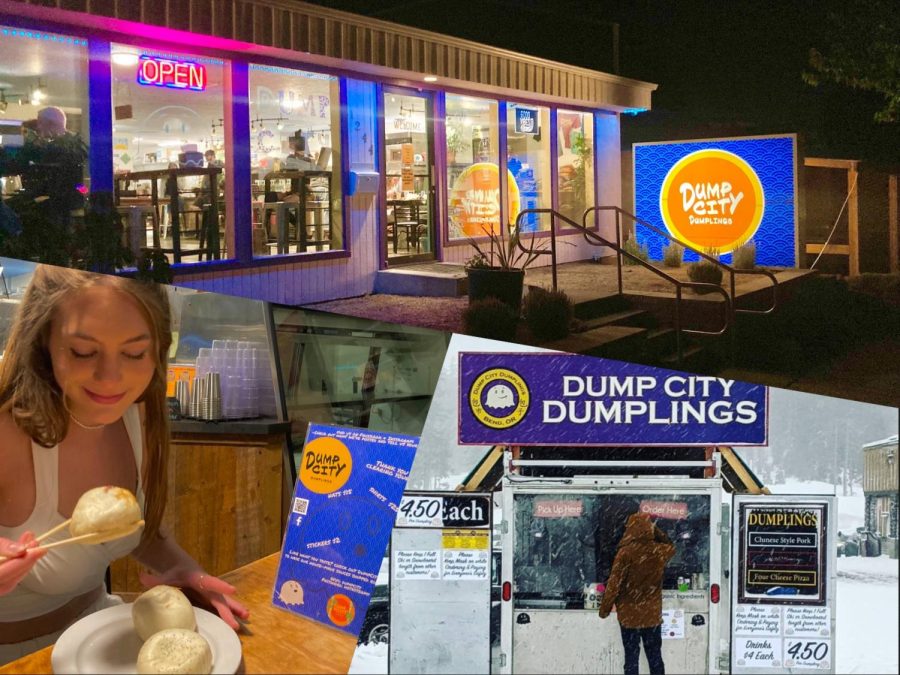
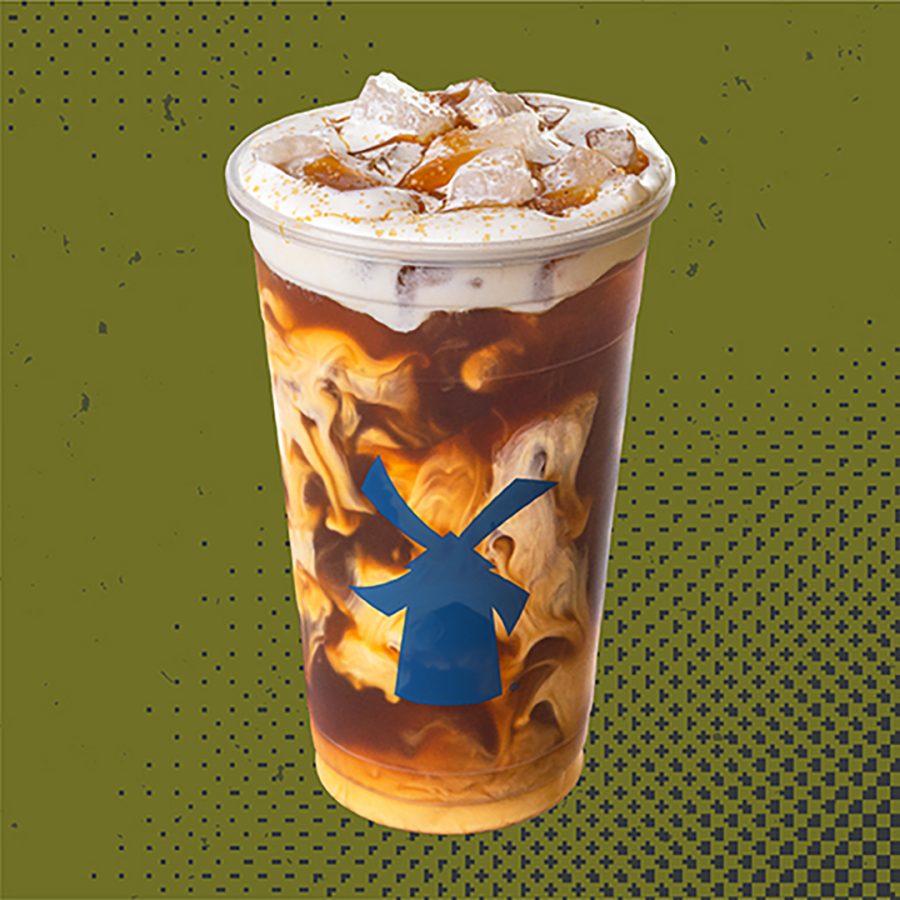
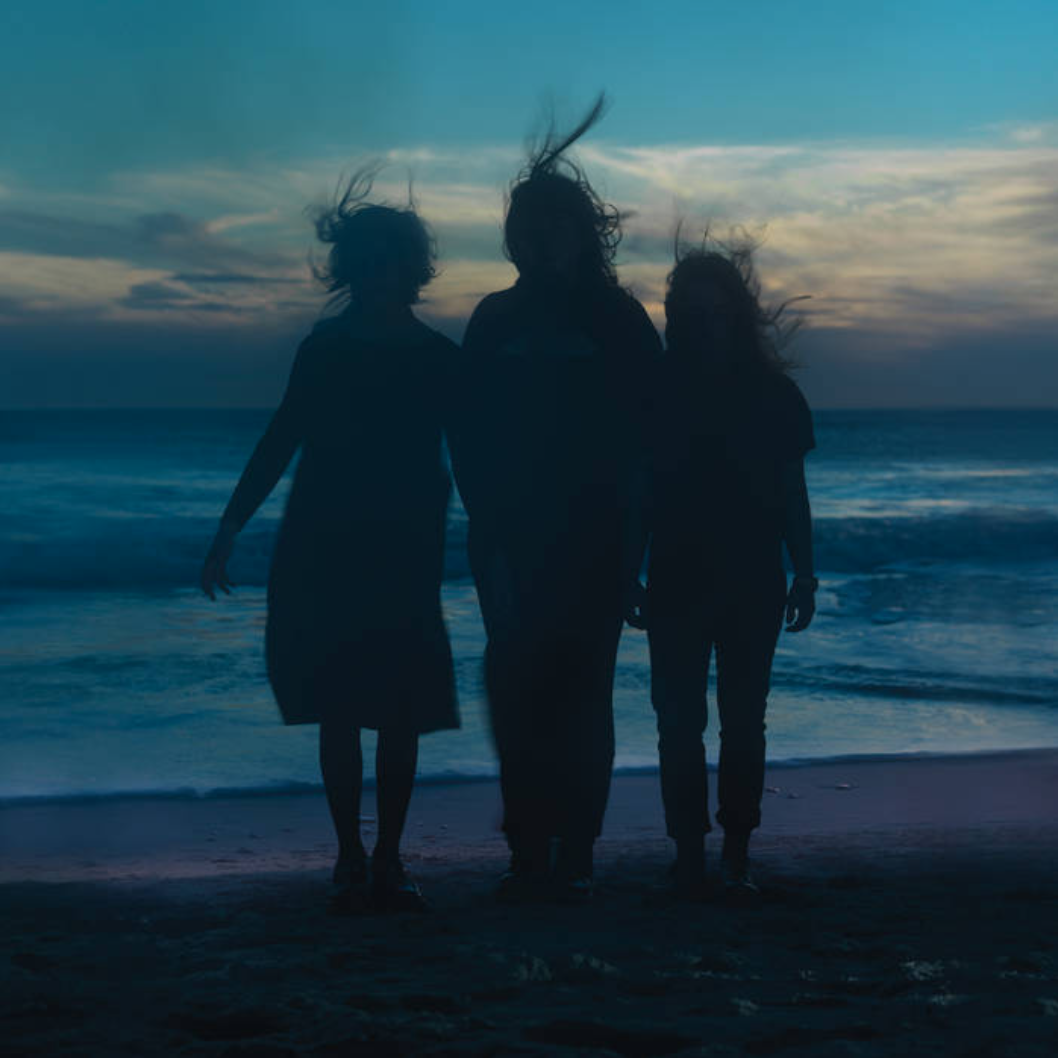

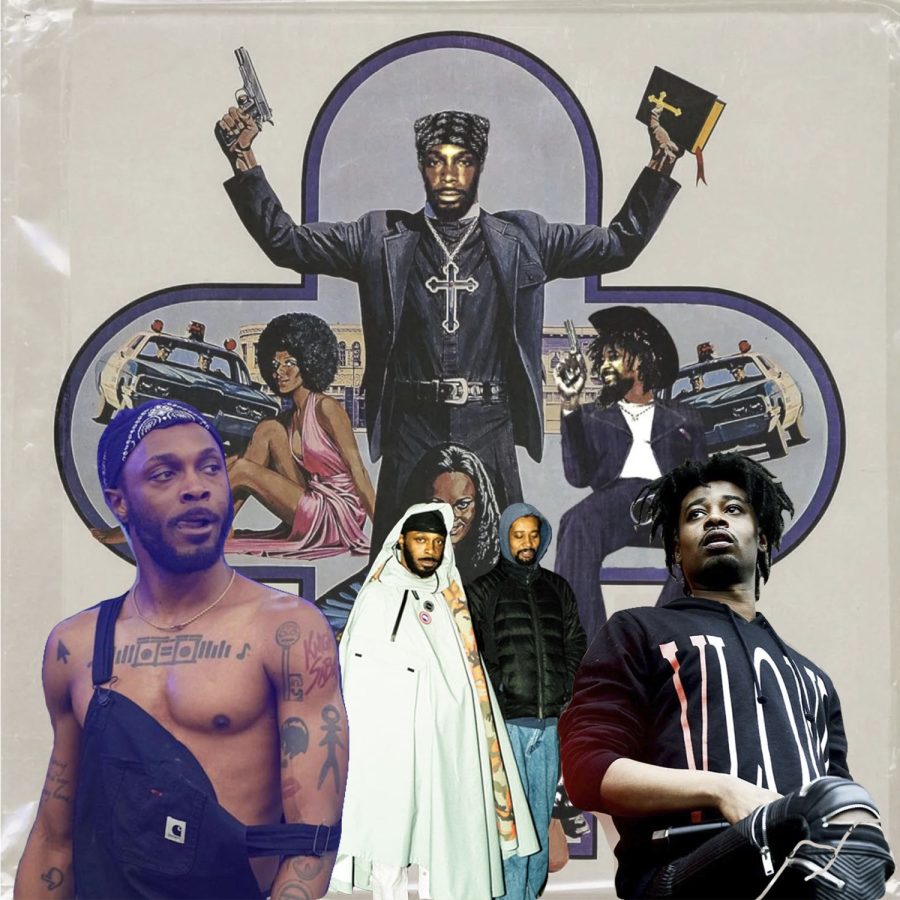
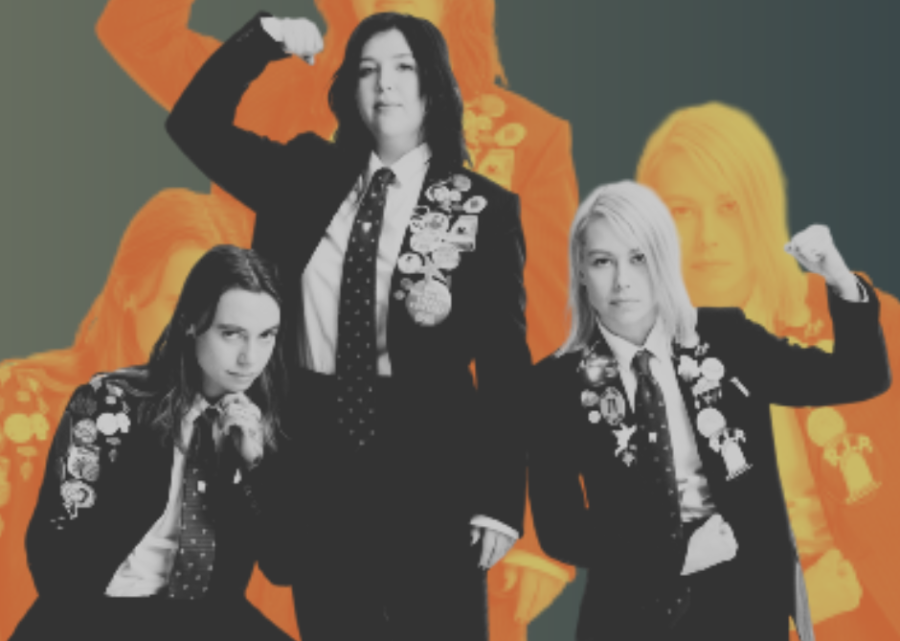
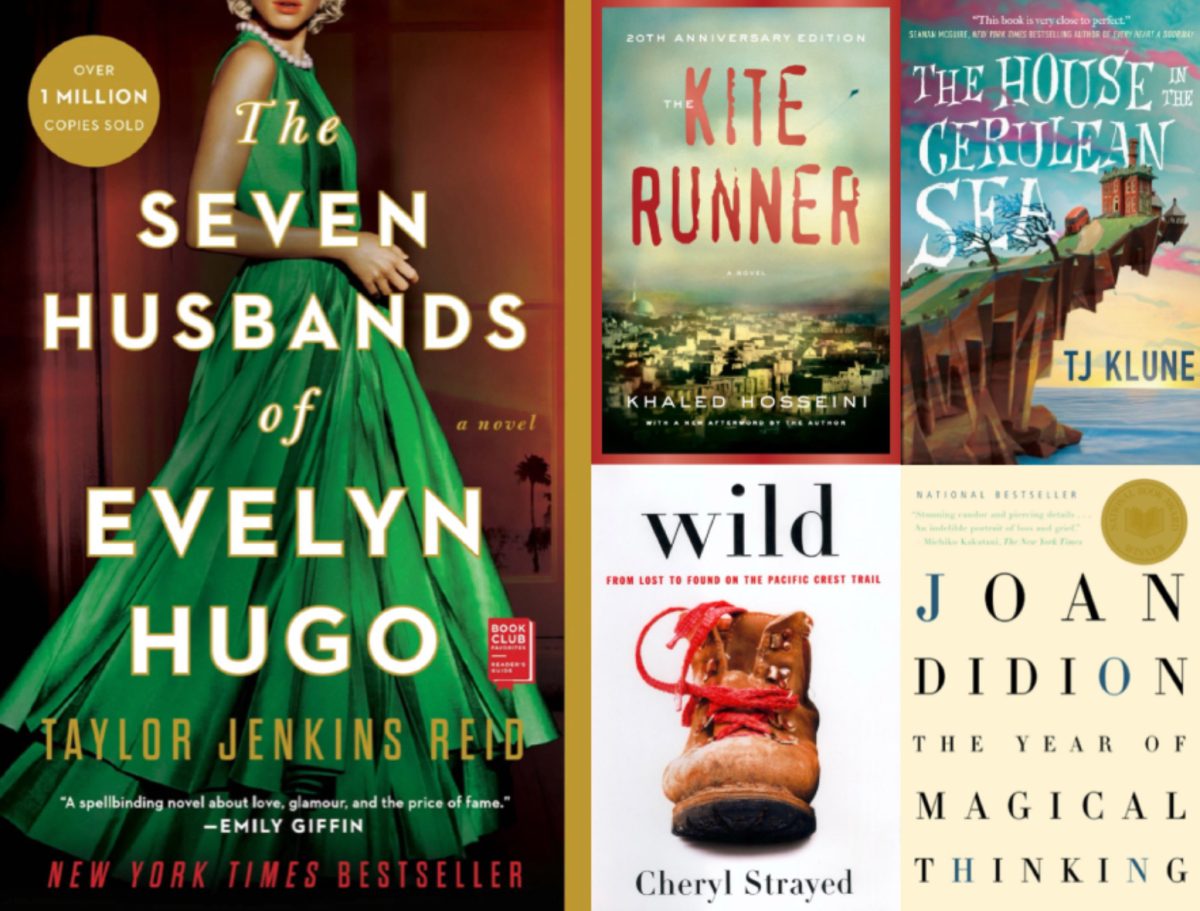

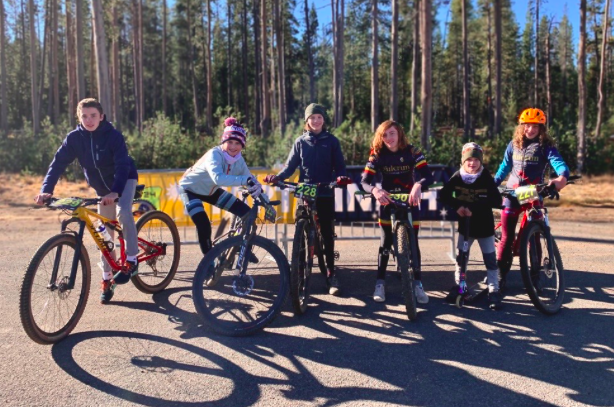
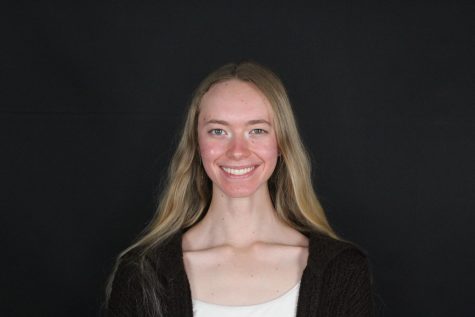



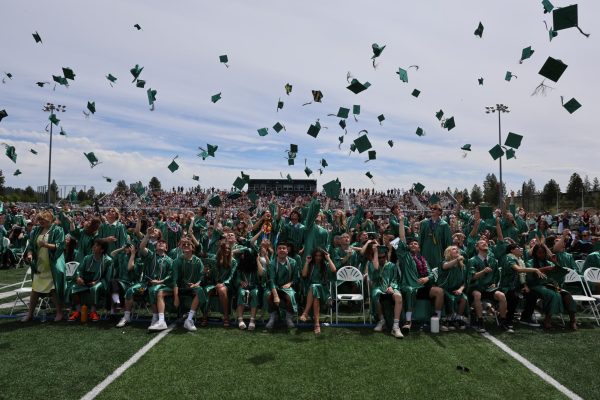
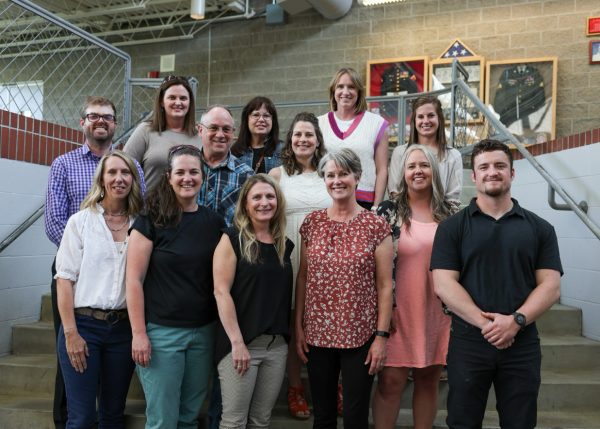
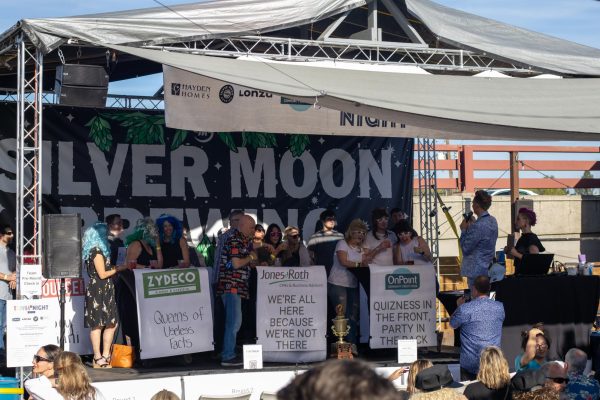
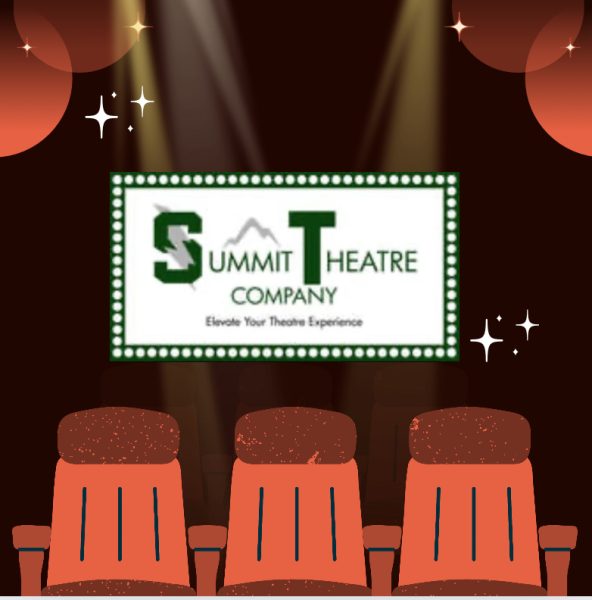
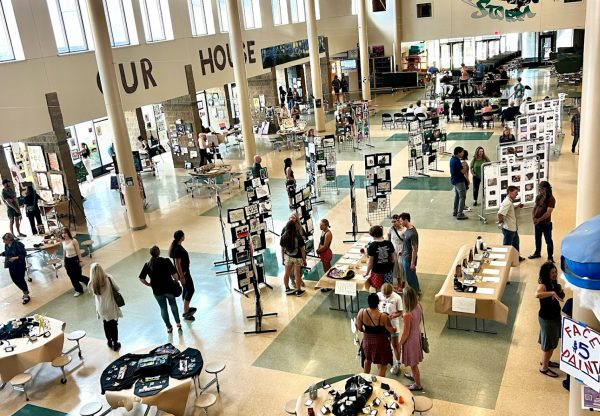
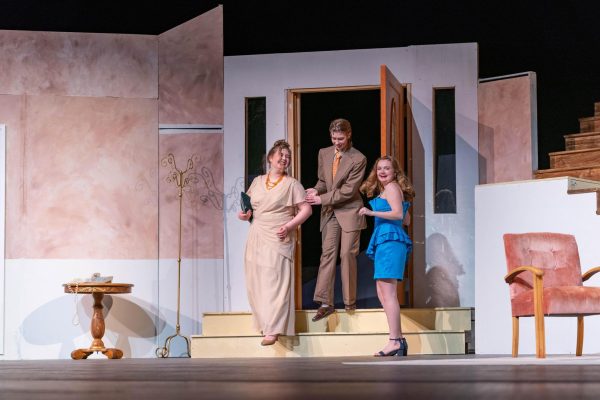
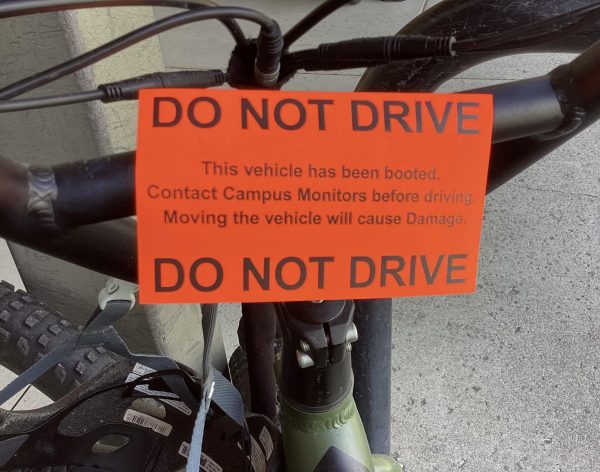
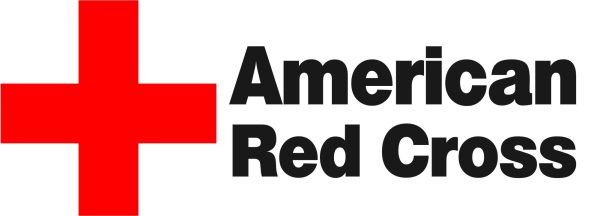
Will Fogarty • Jan 3, 2022 at 12:22 pm
I just stumbled across this article, and I am so mad that nationals is held the same week as this race, because the entire 2020 race team wants to do it again.